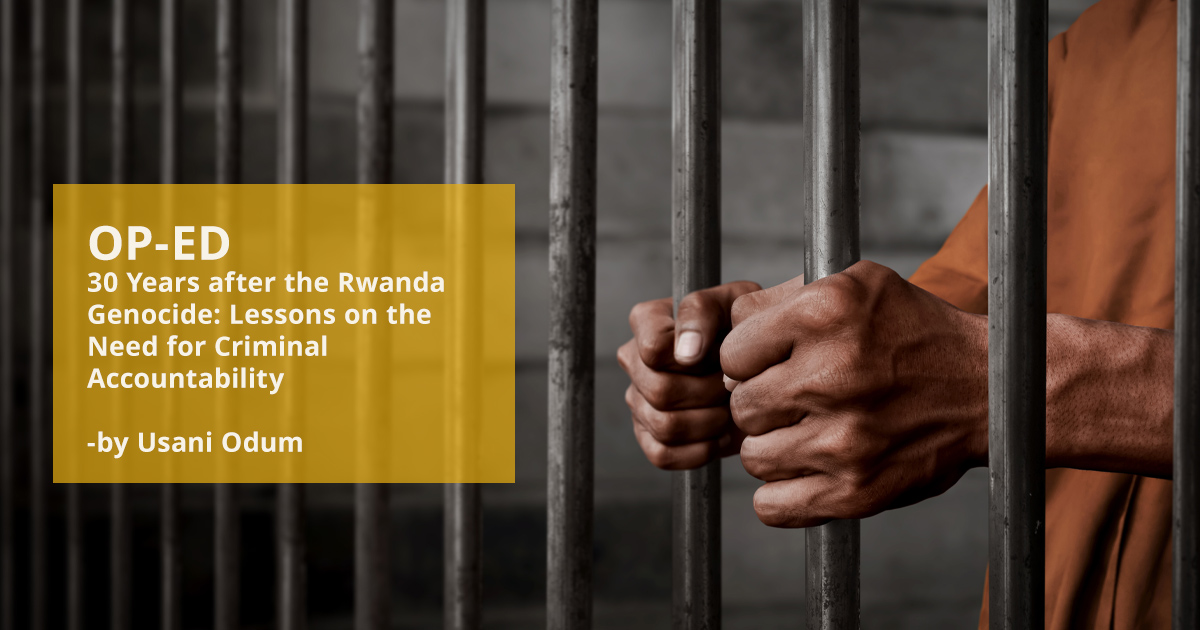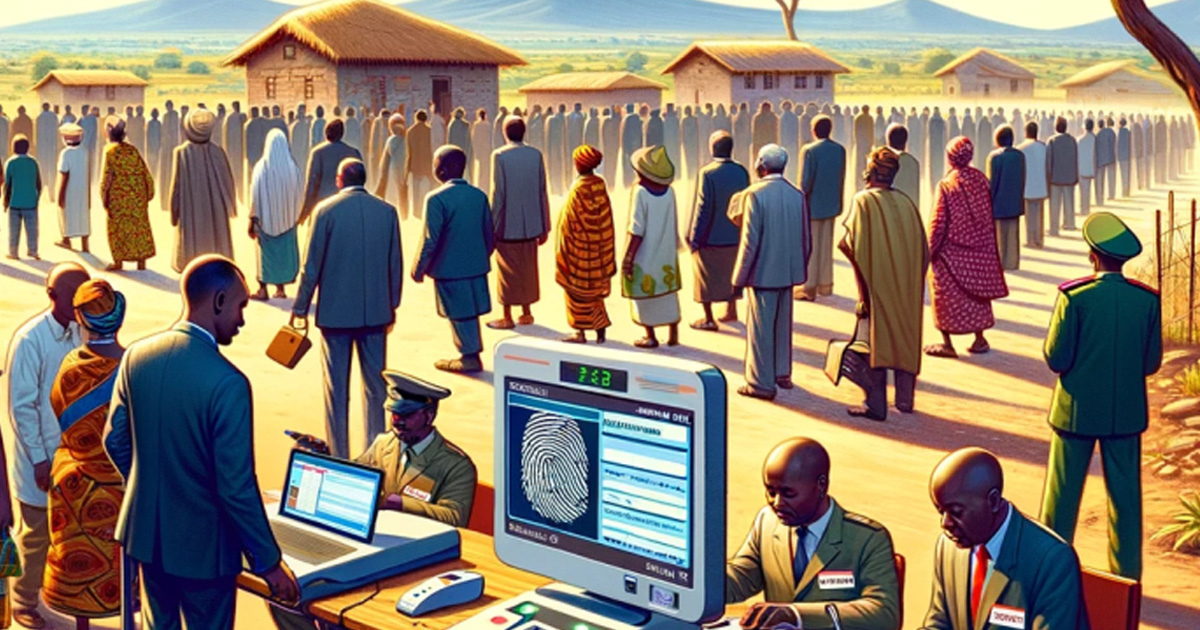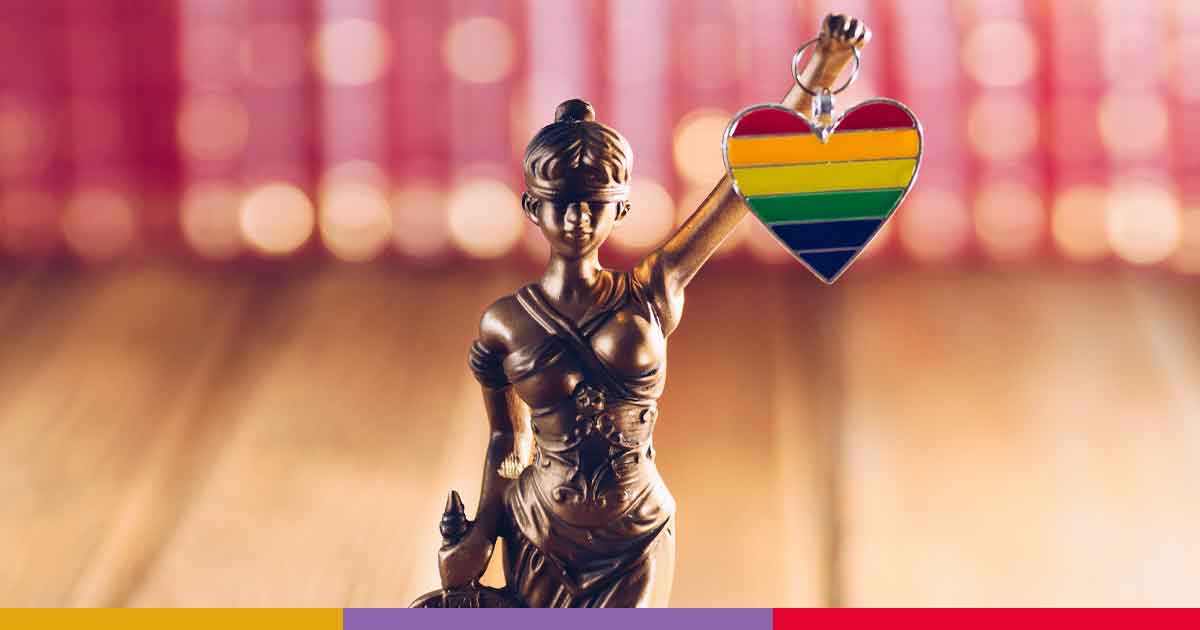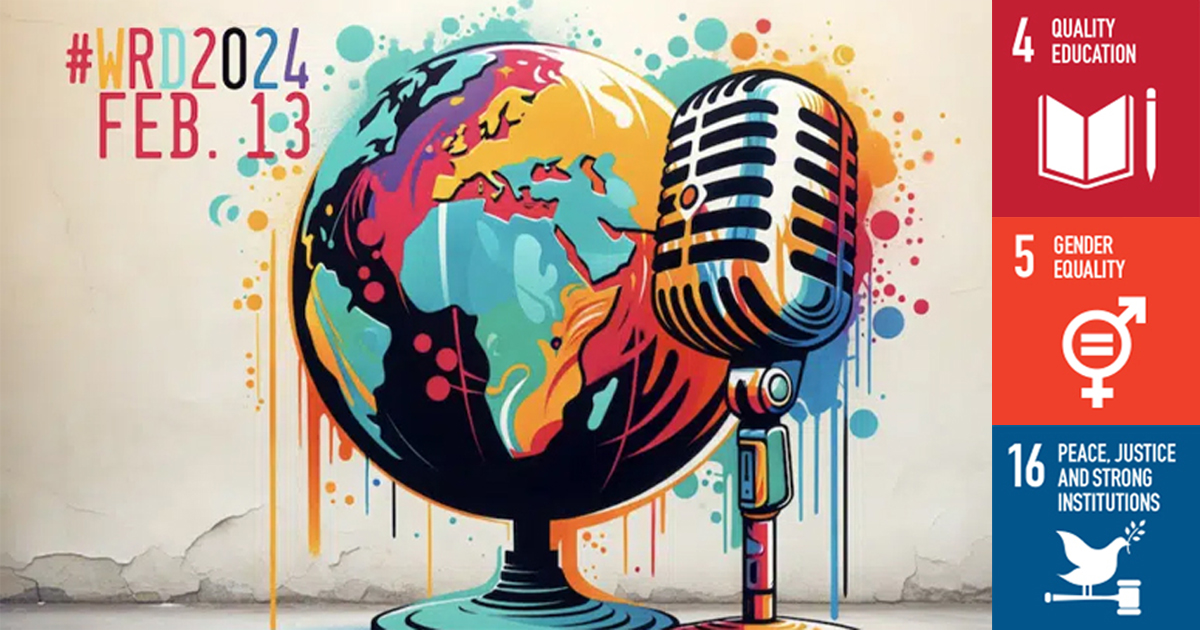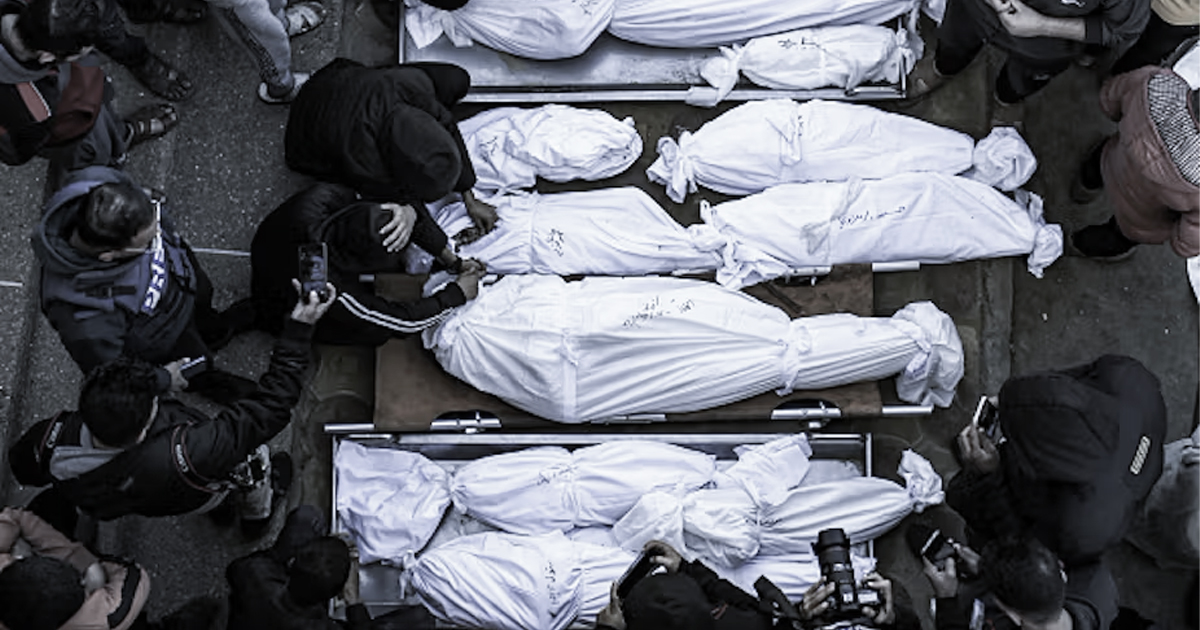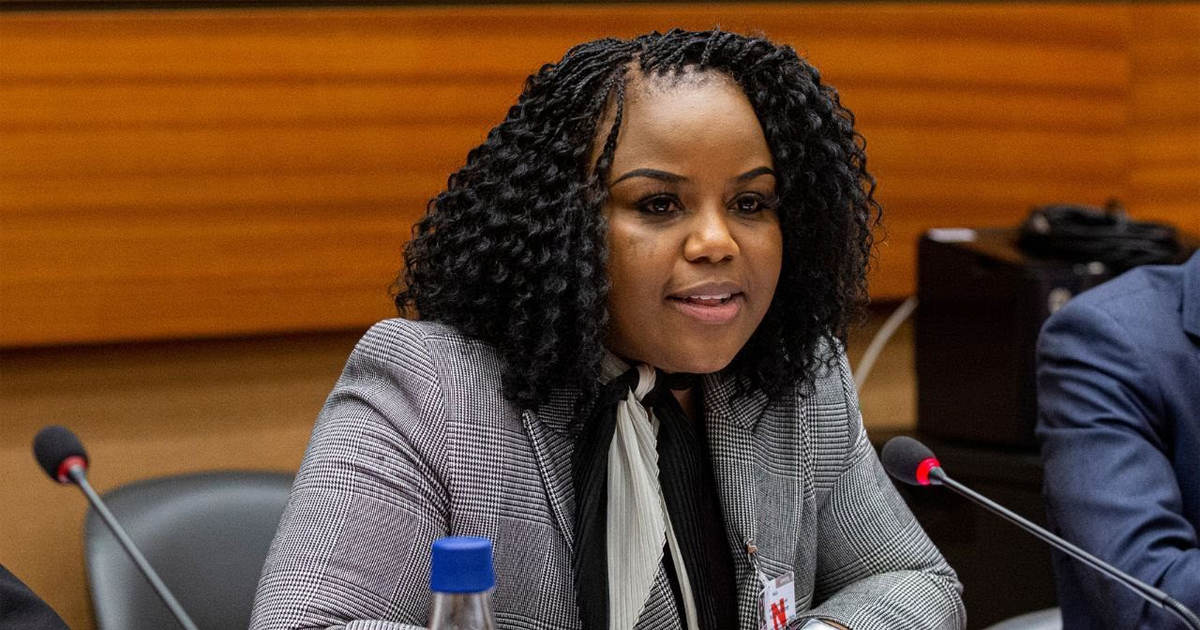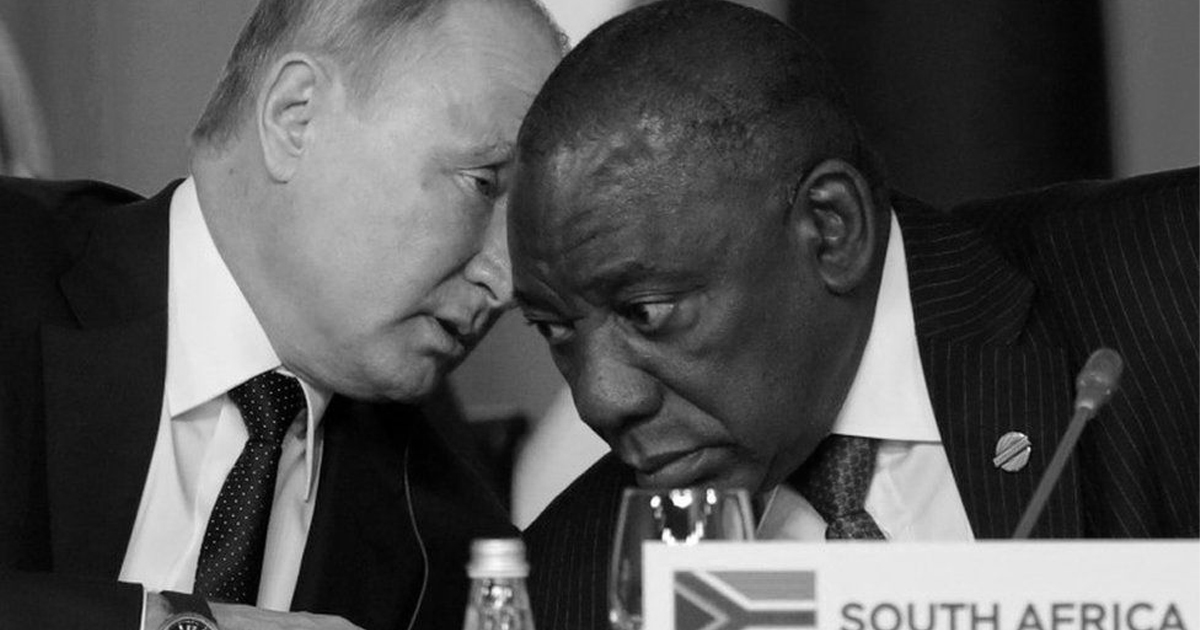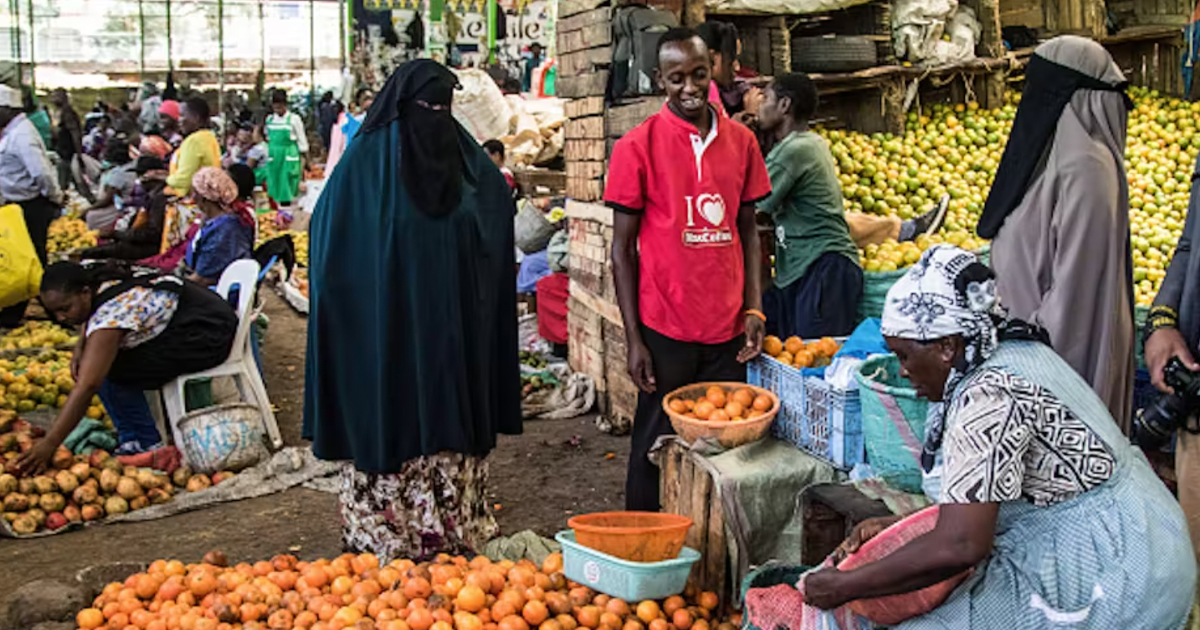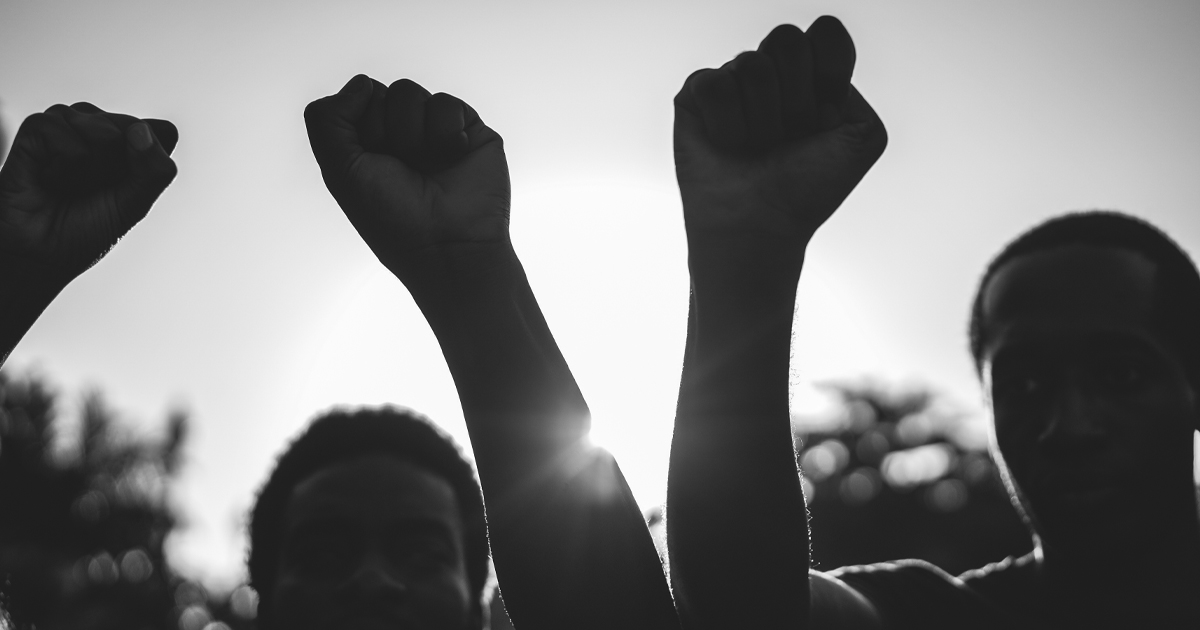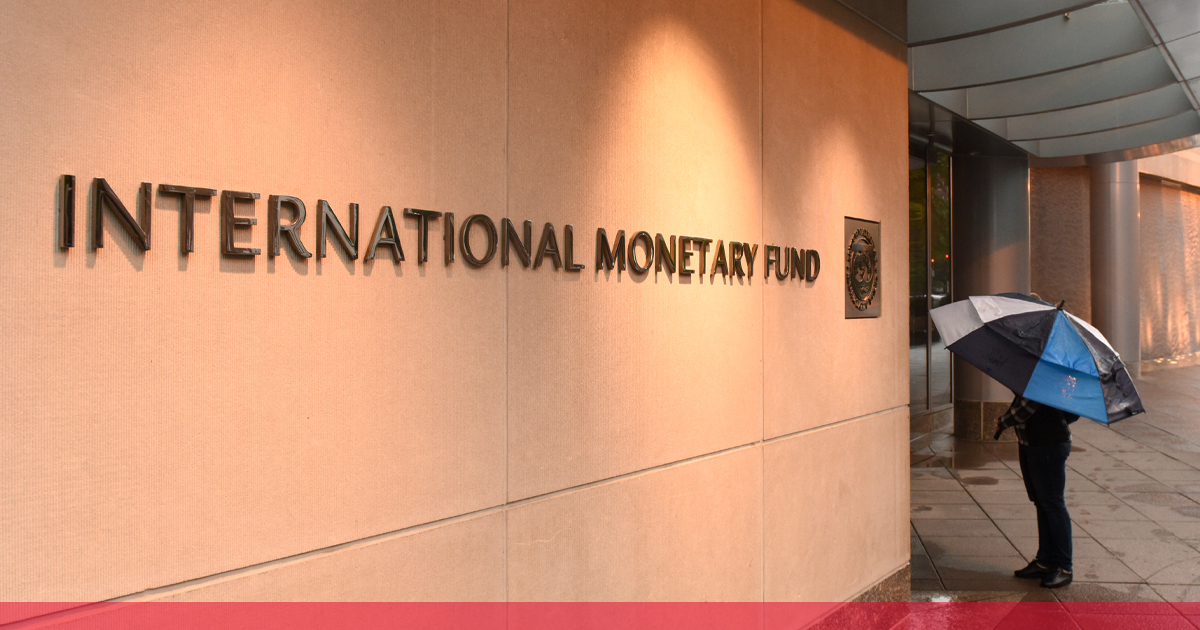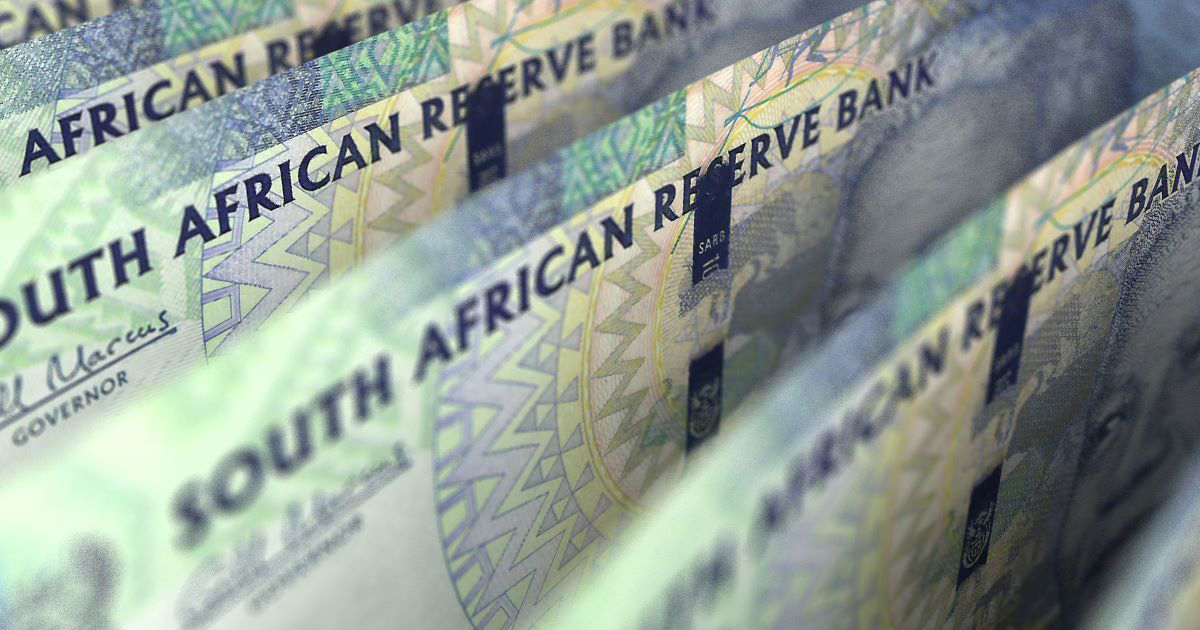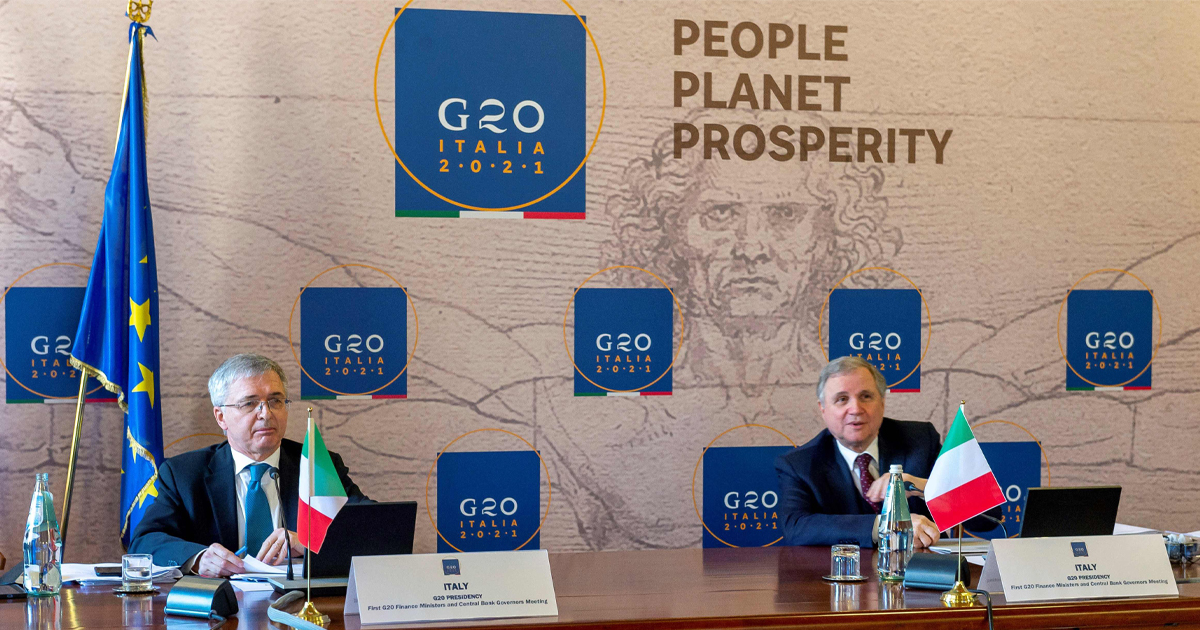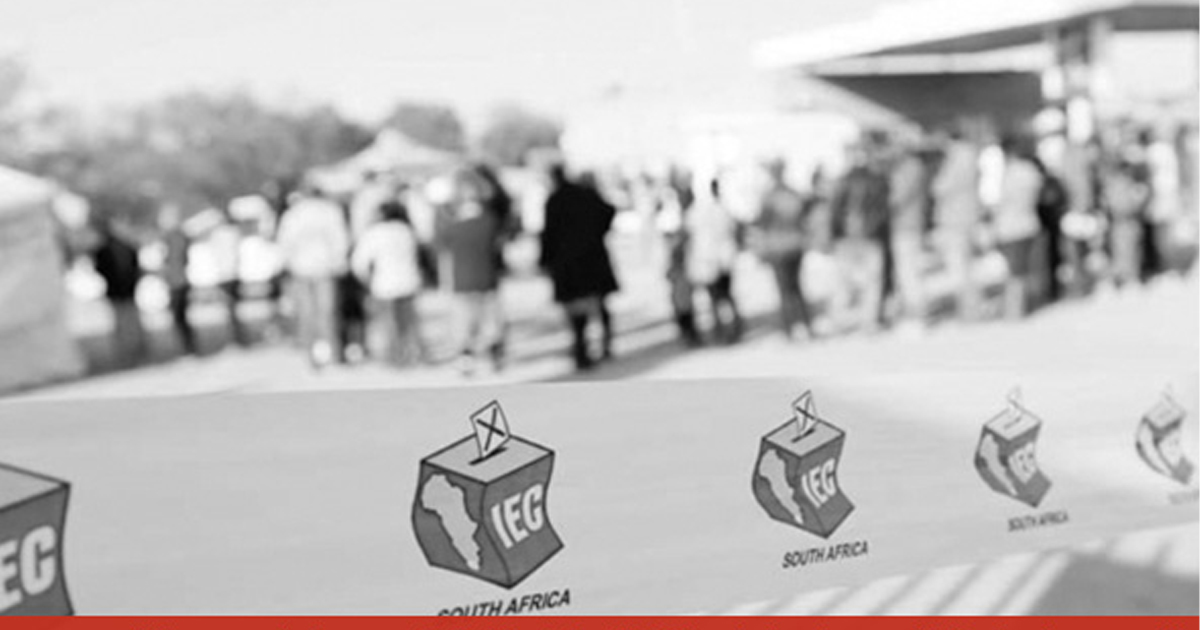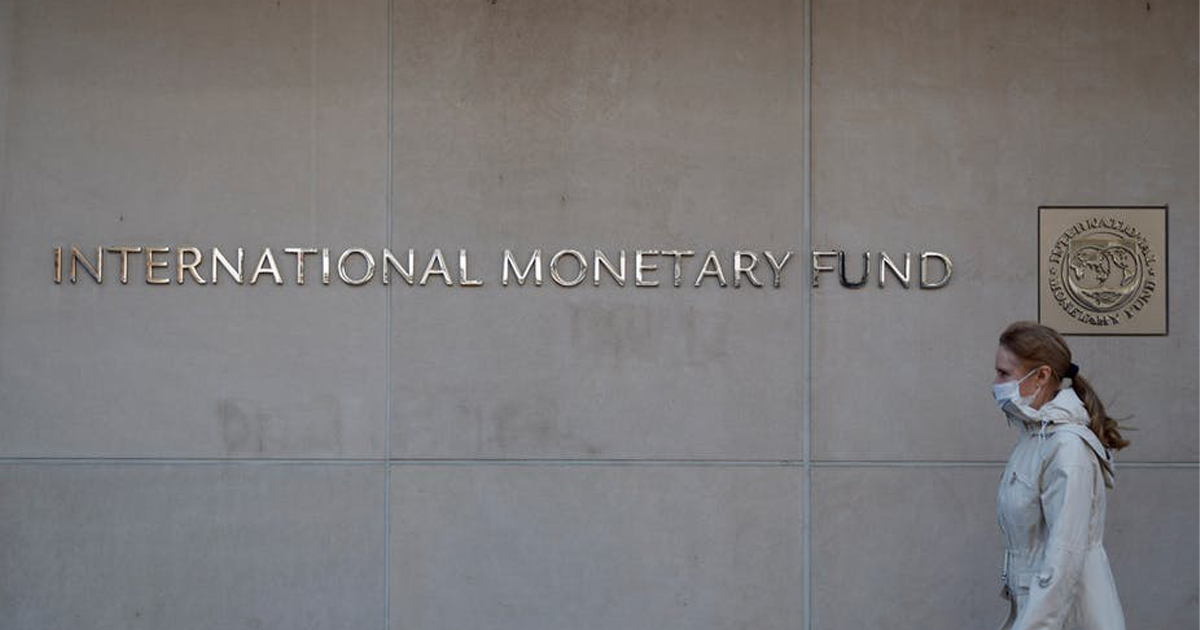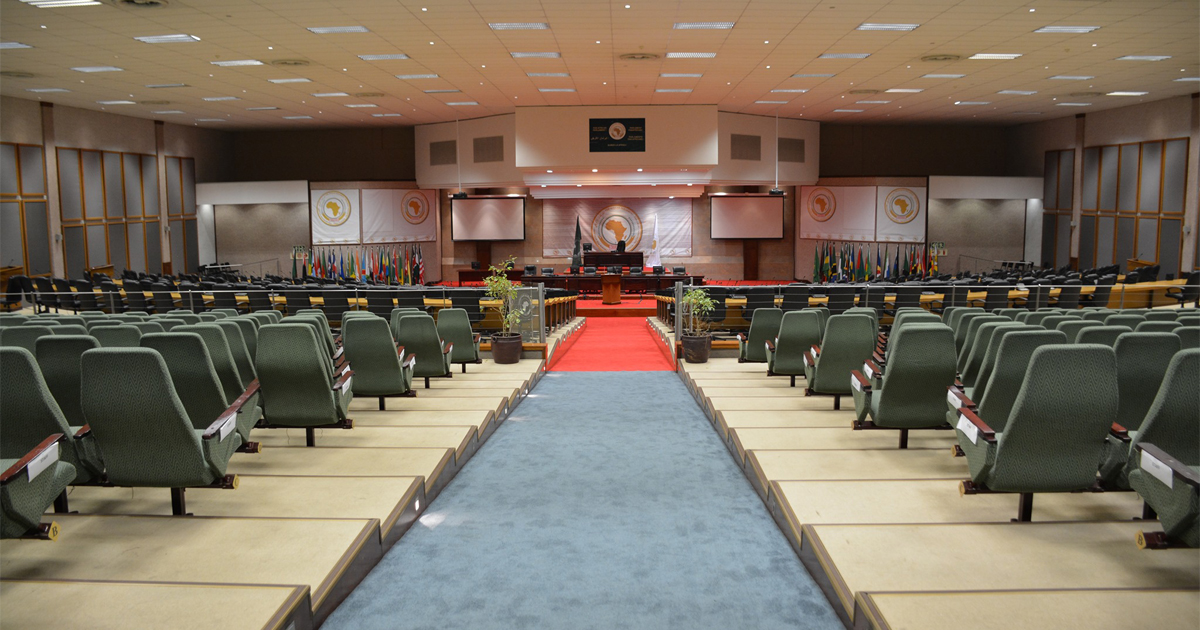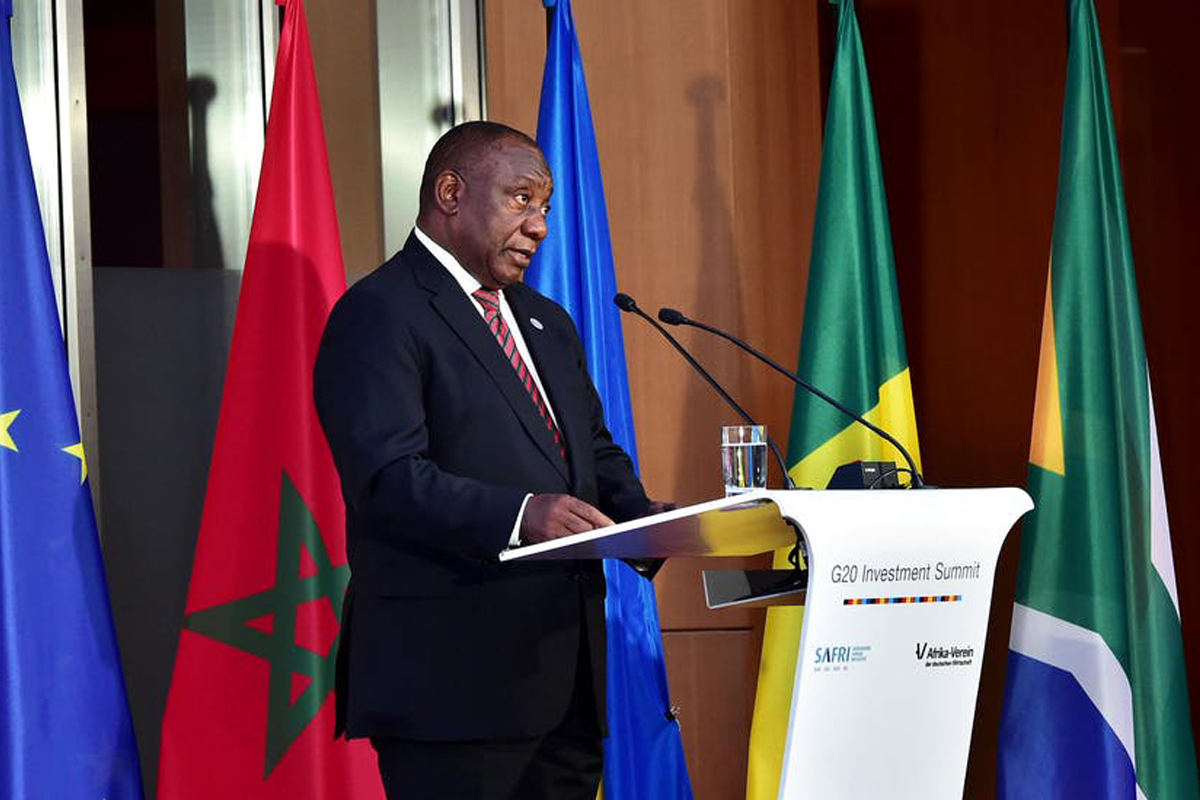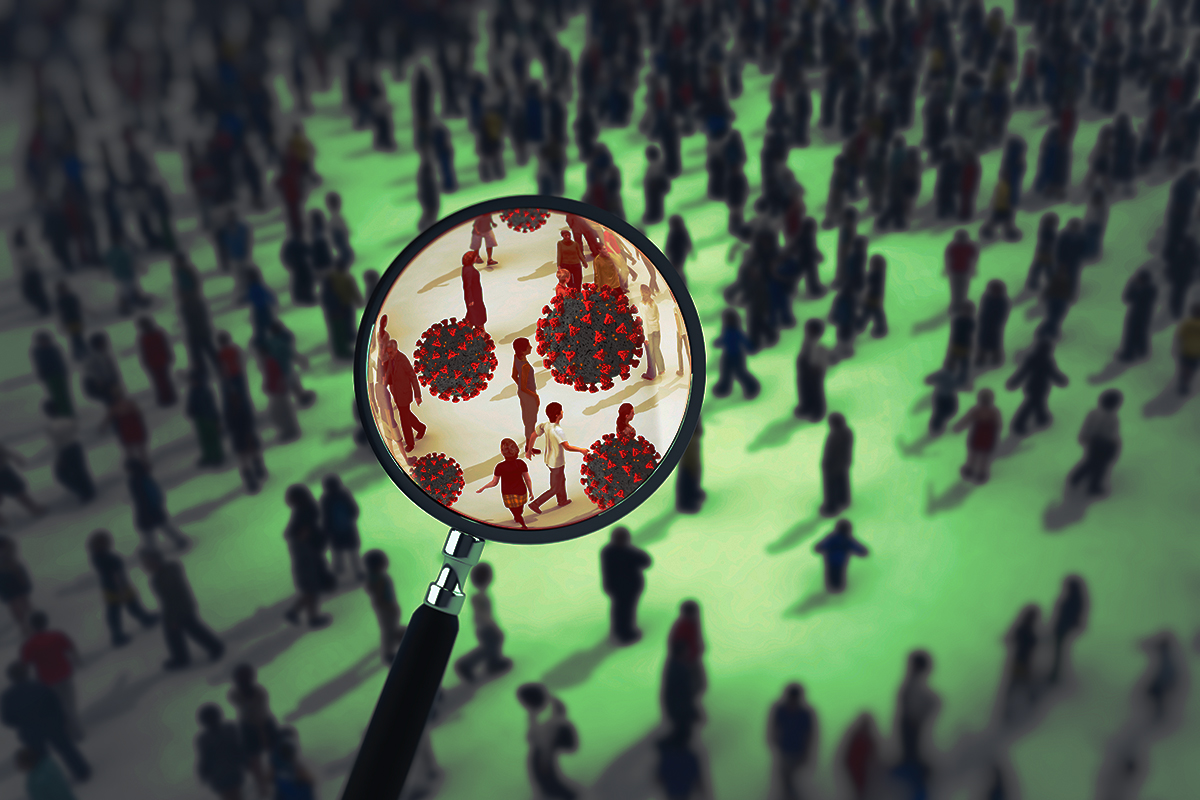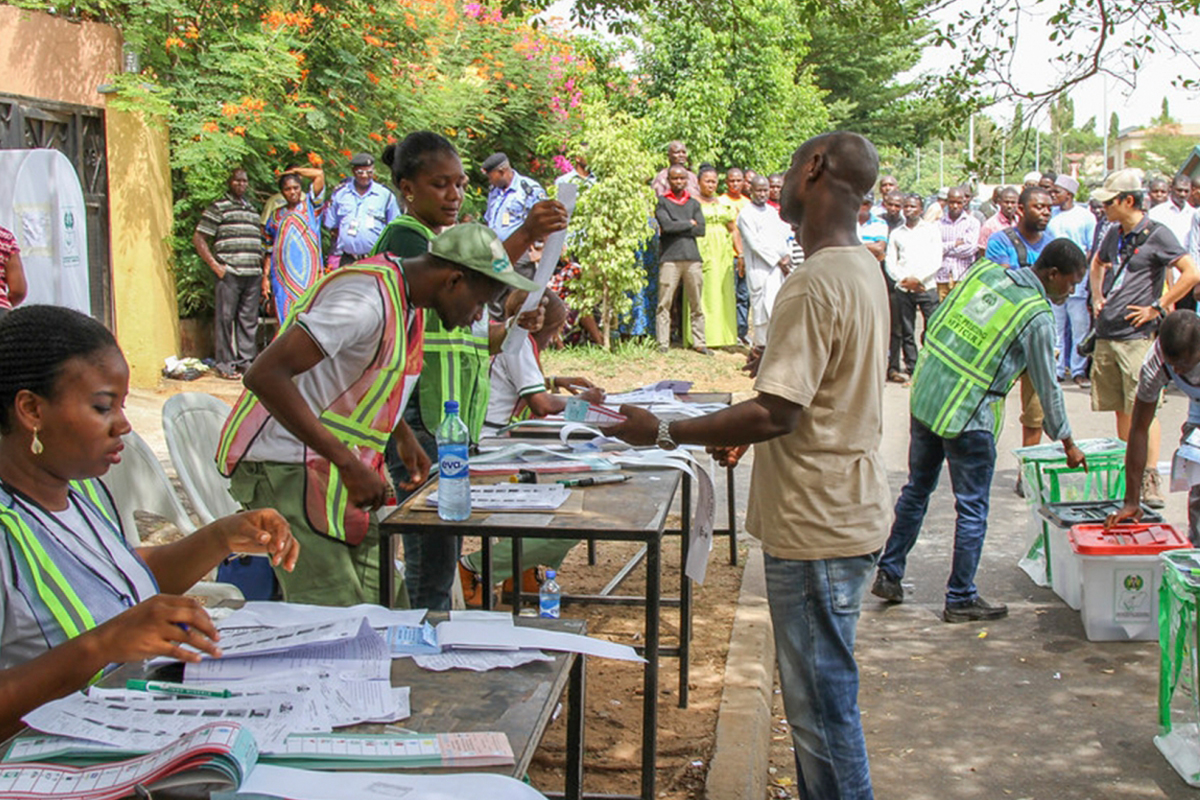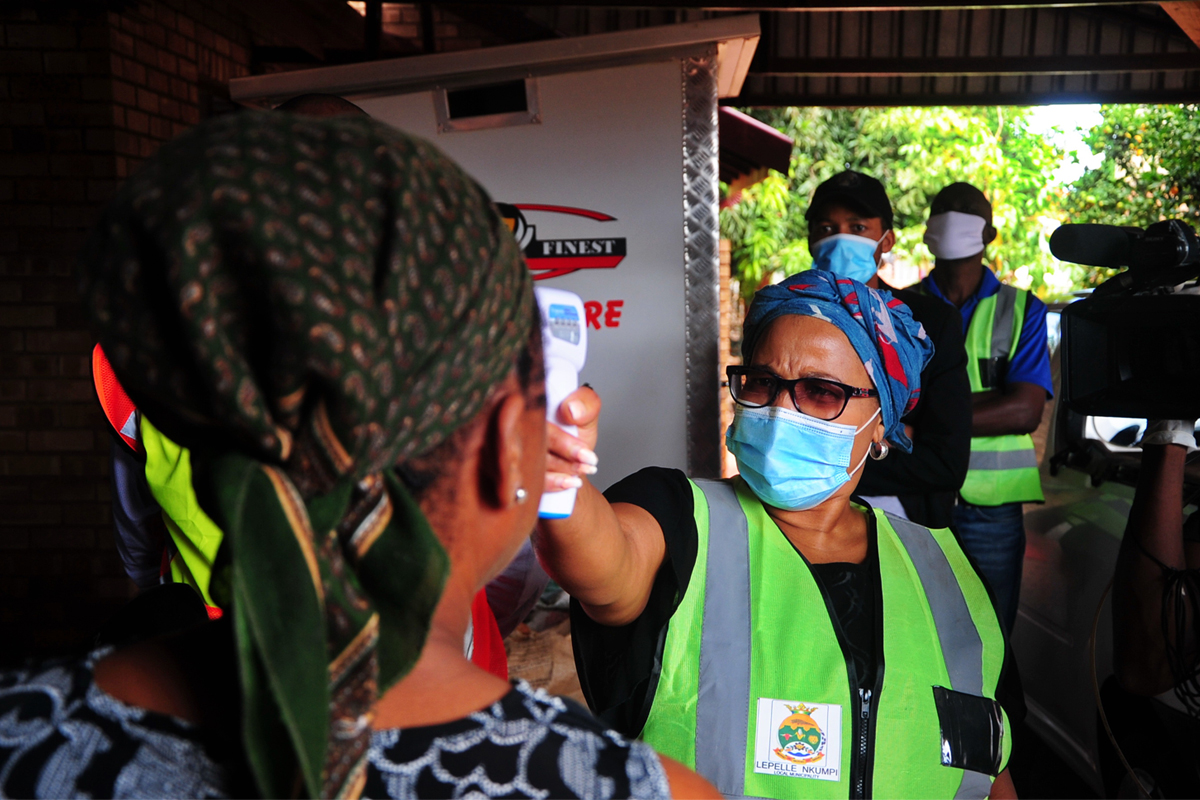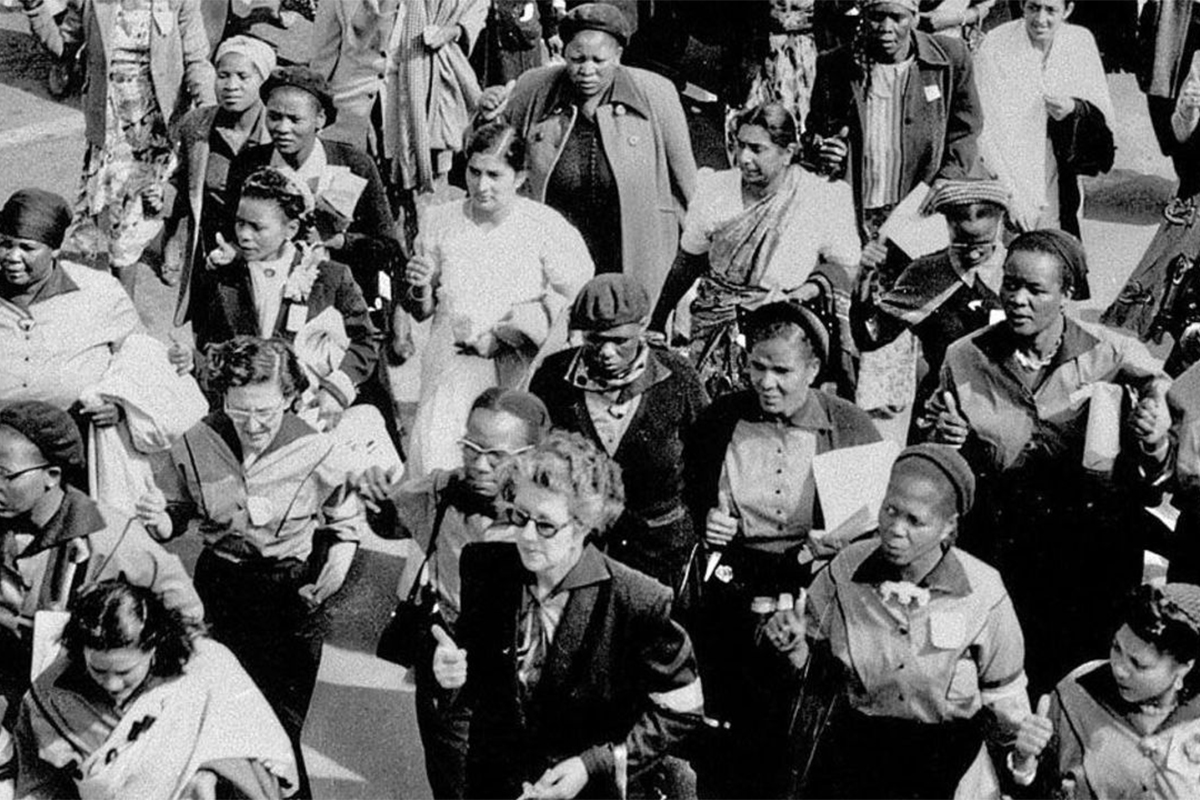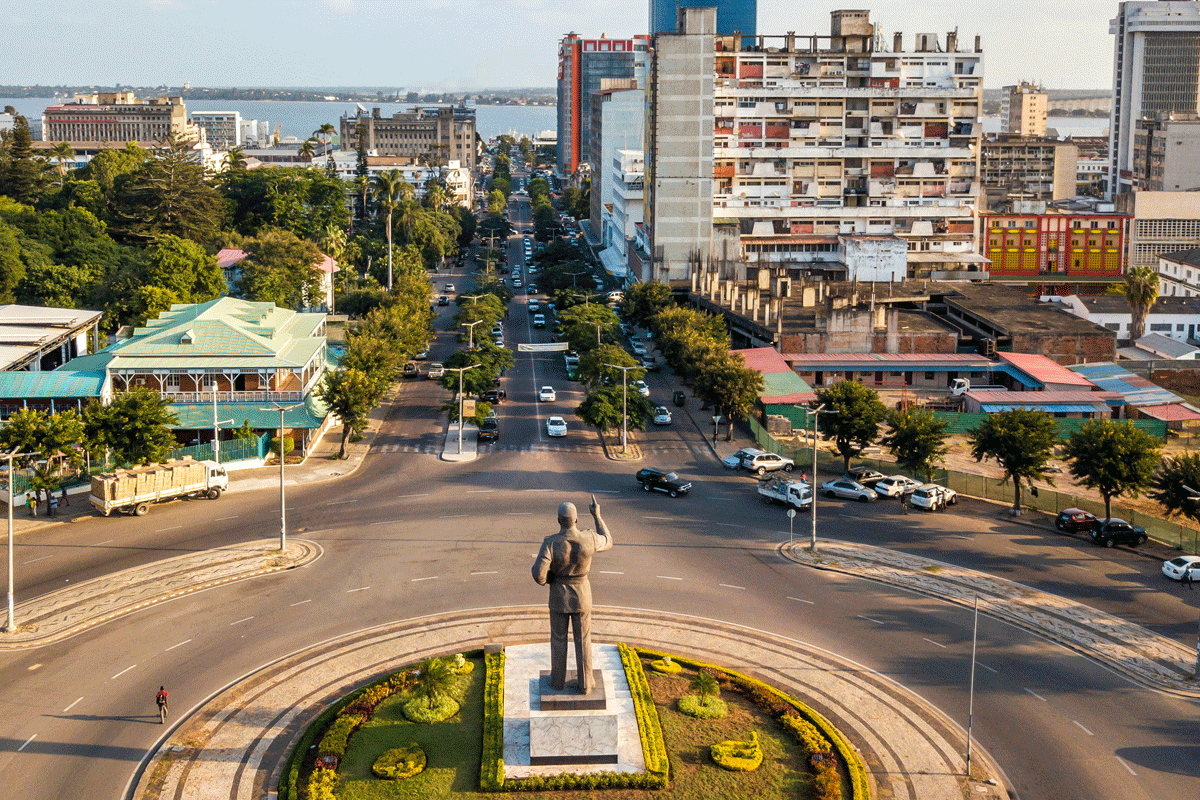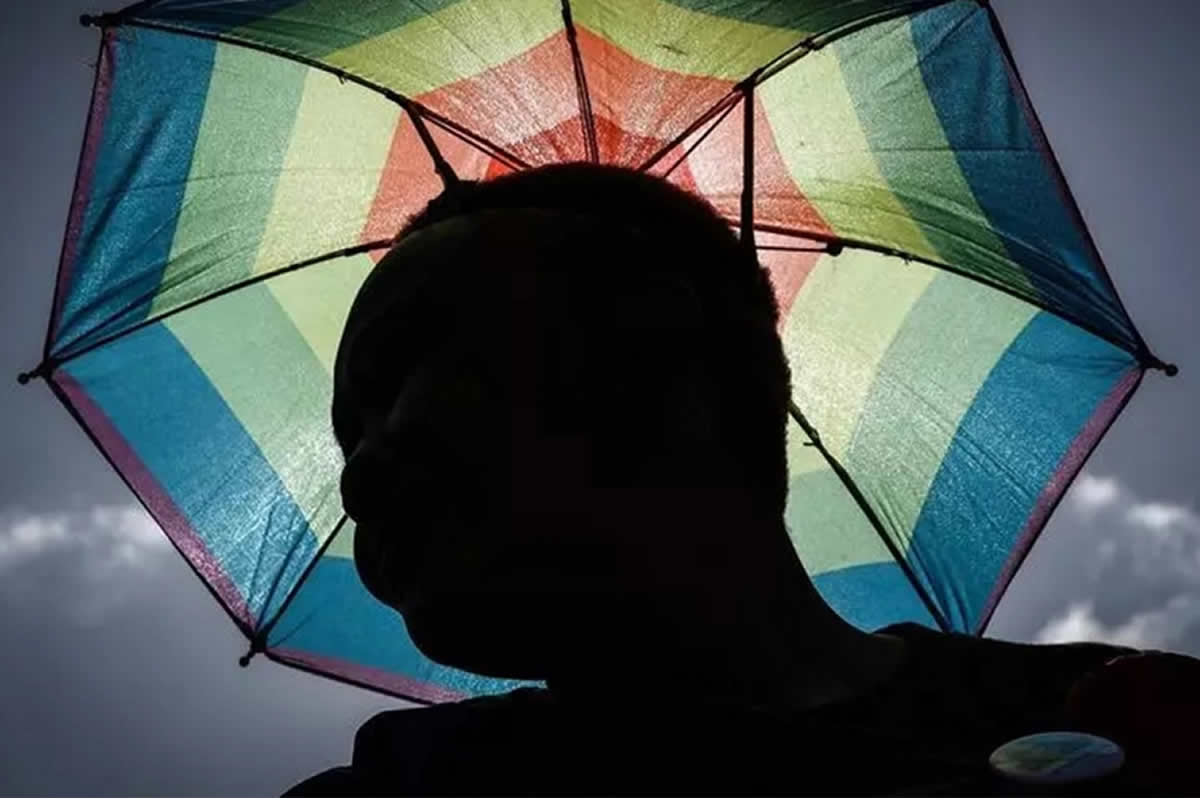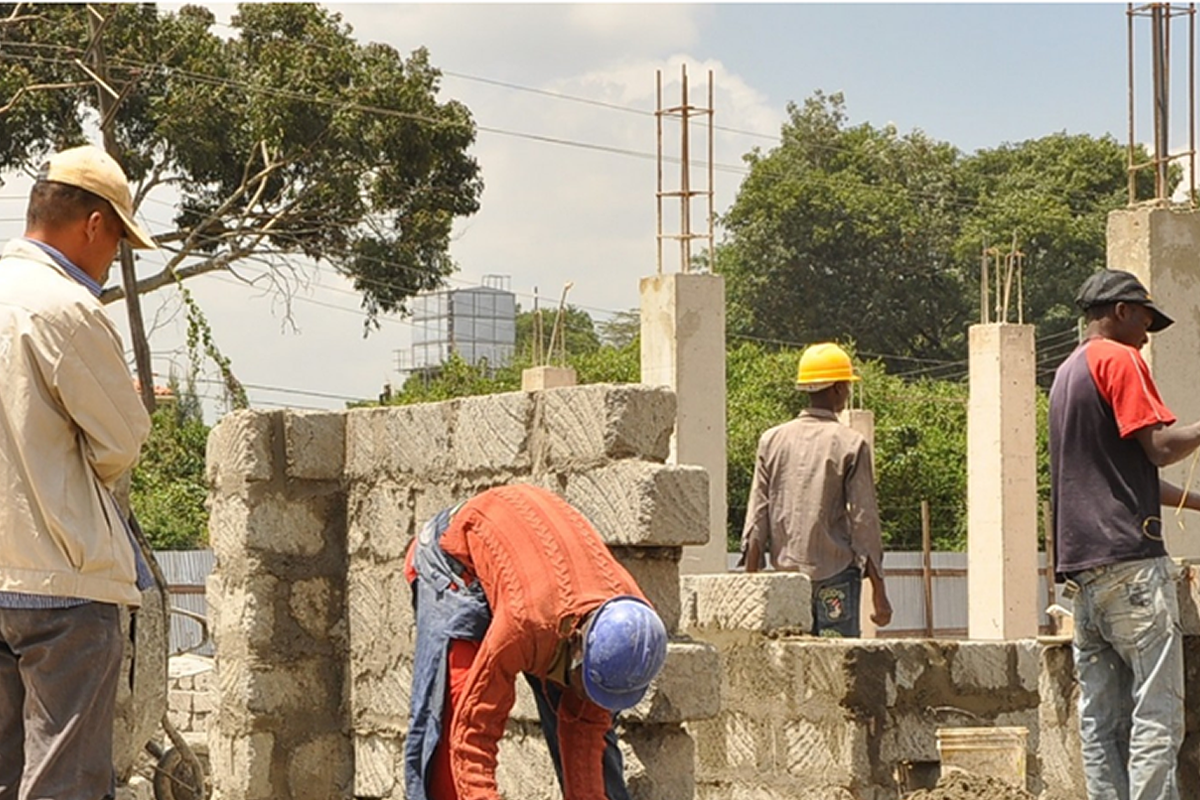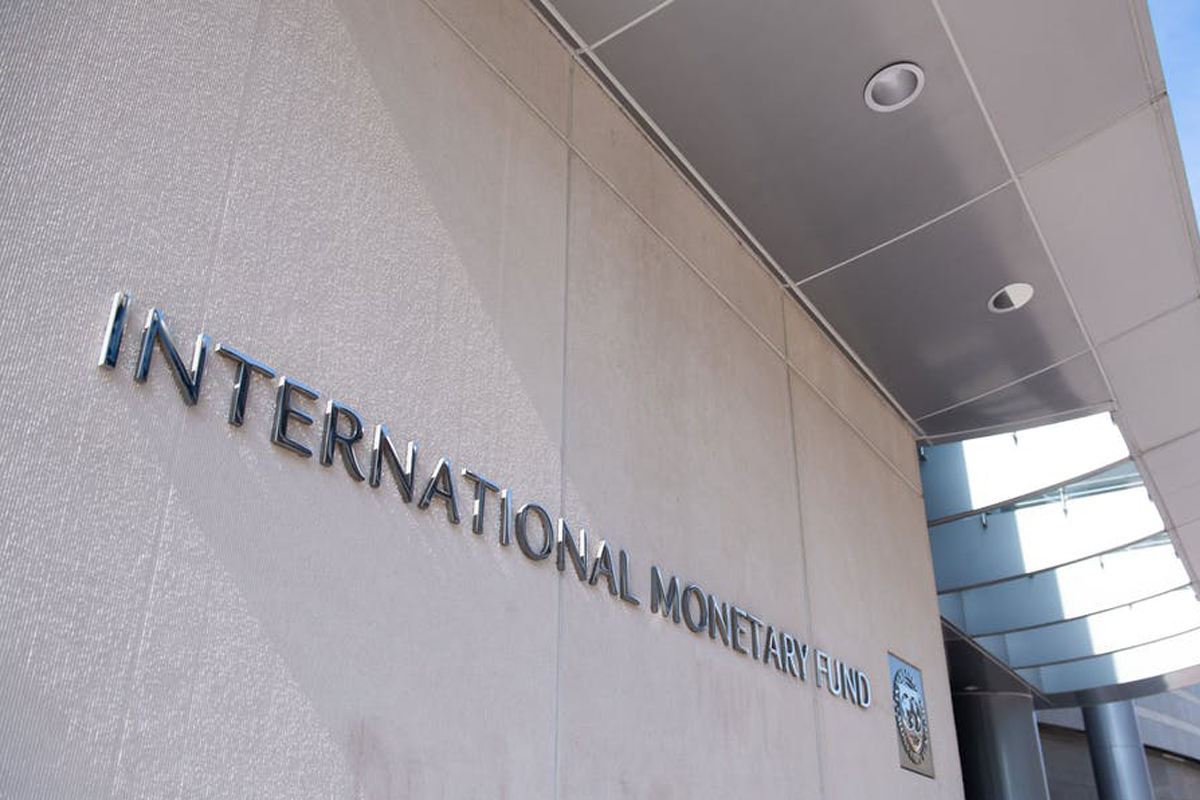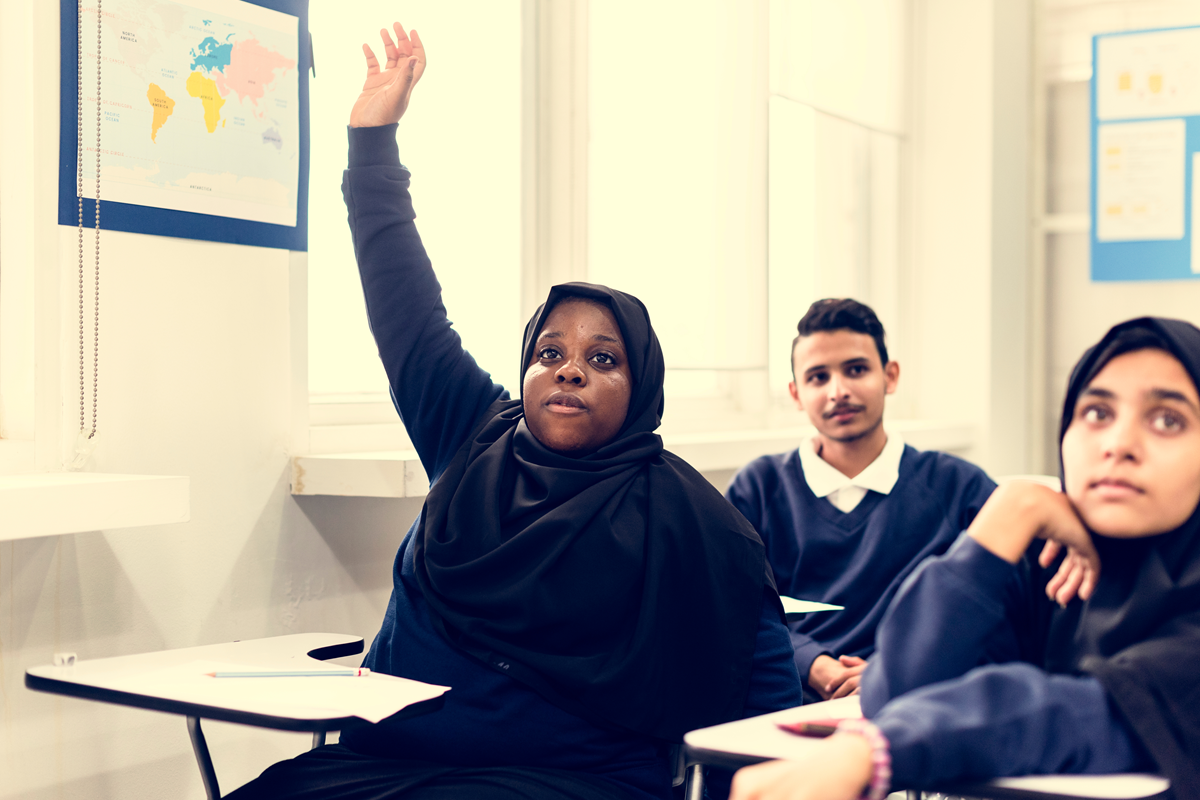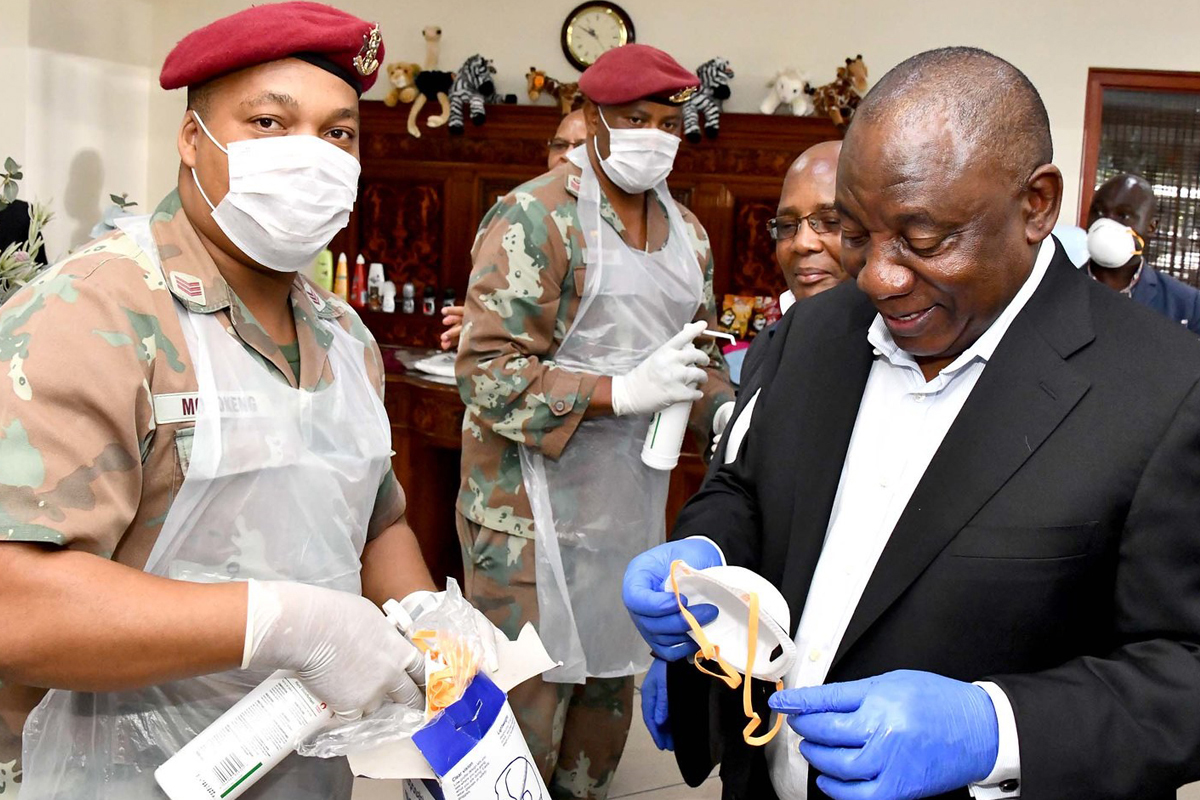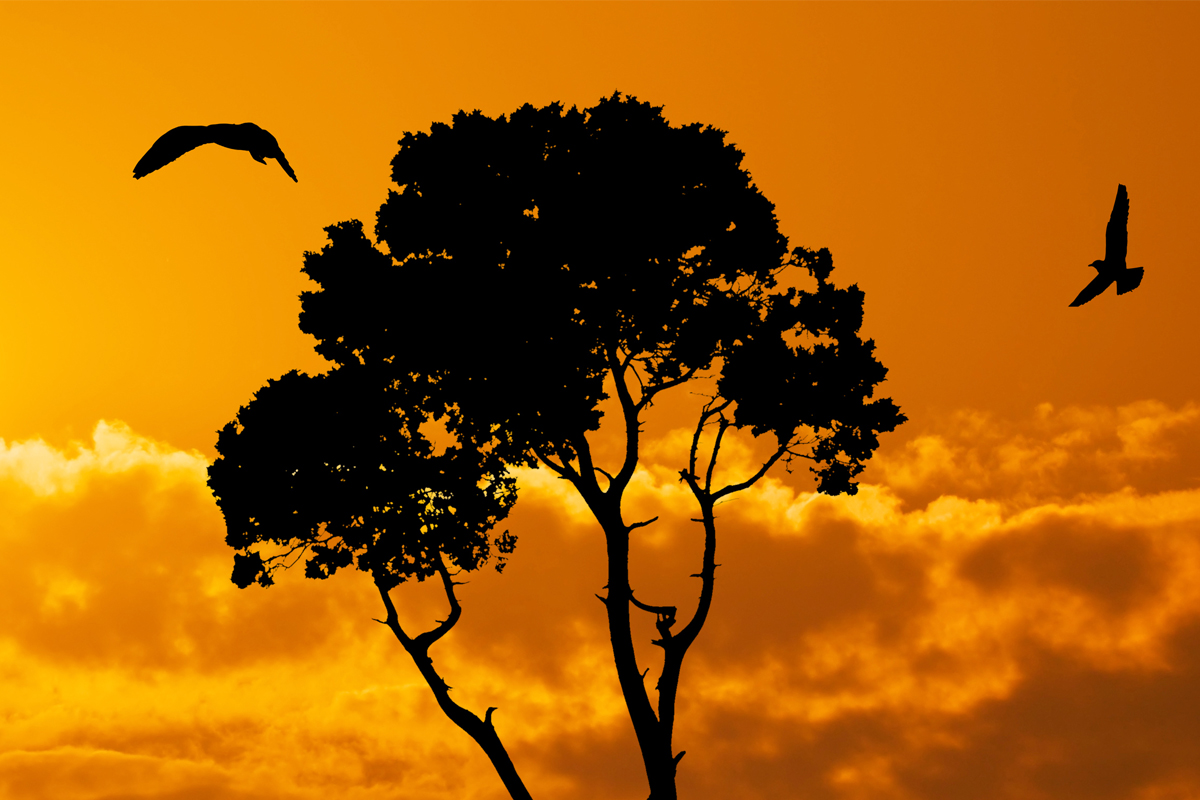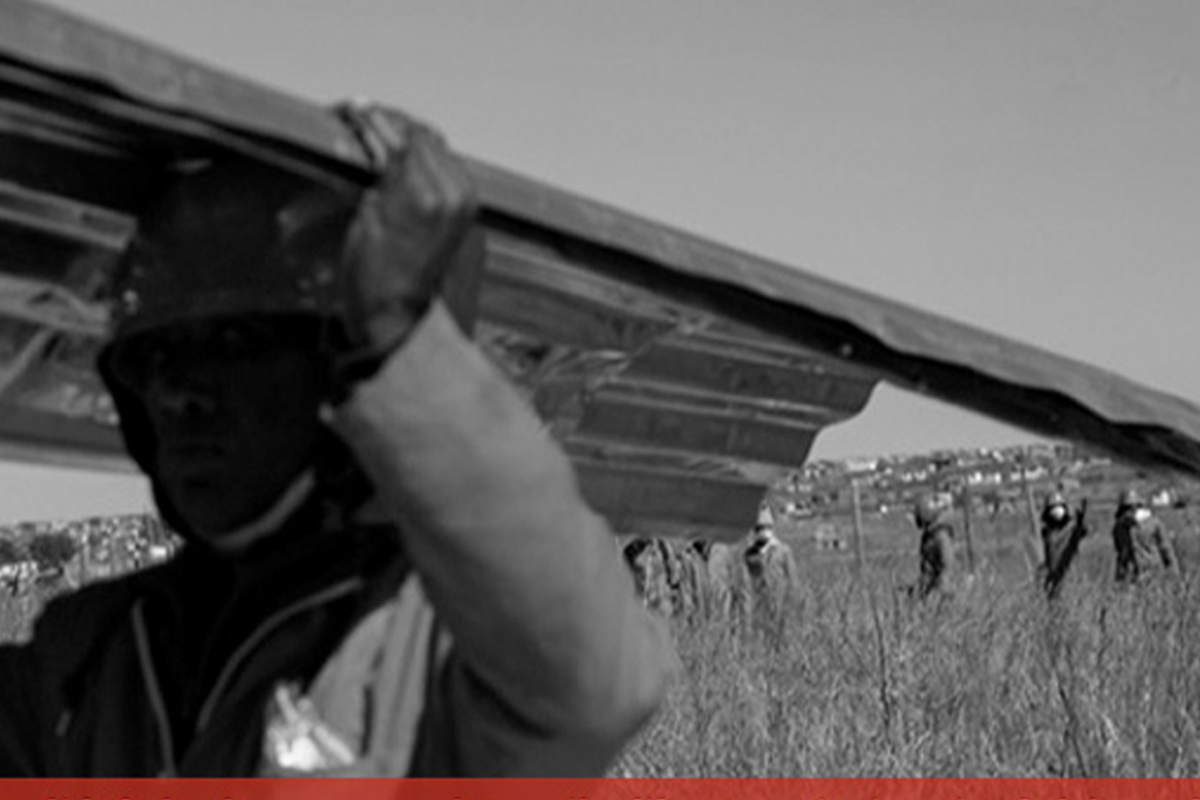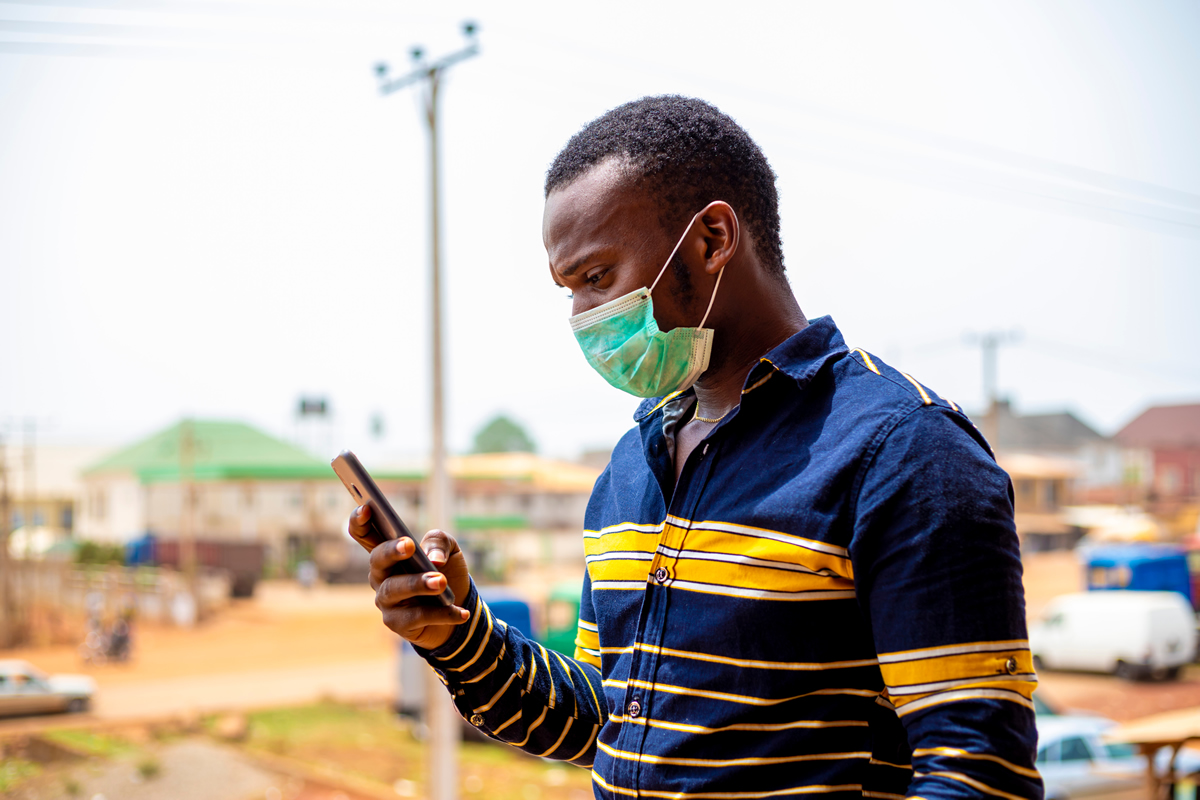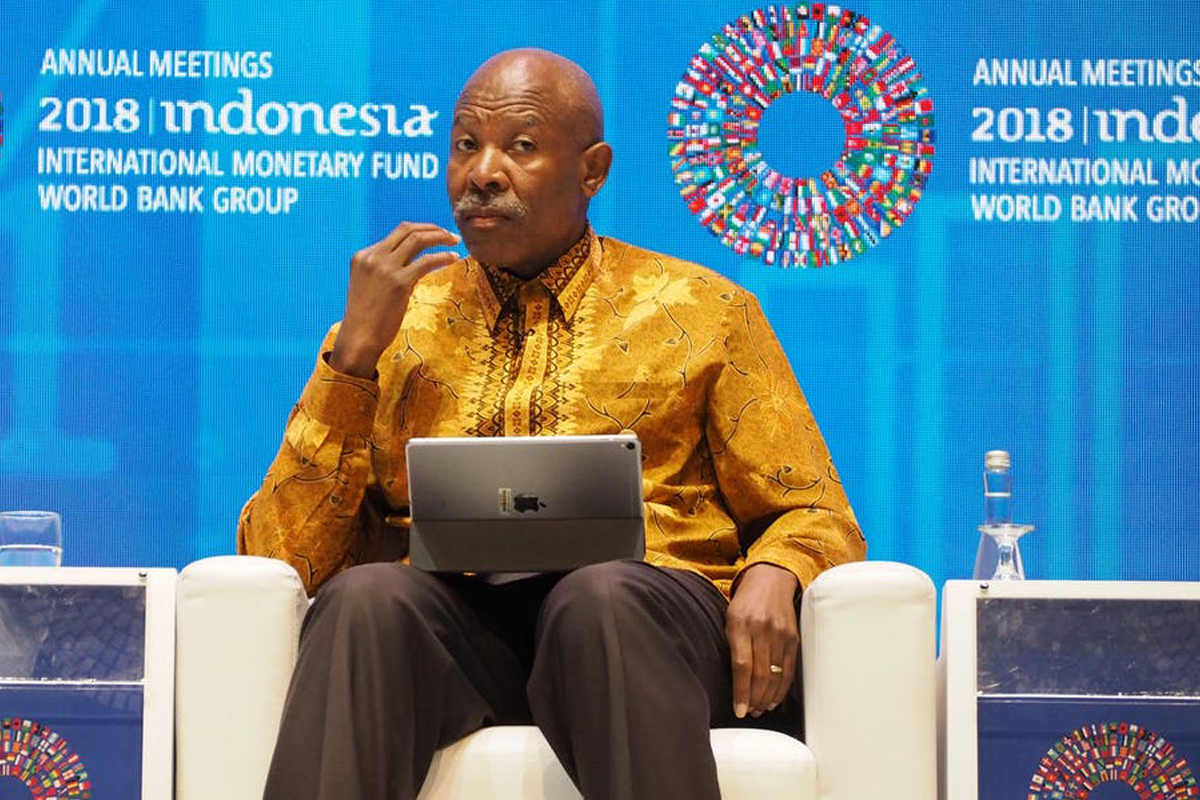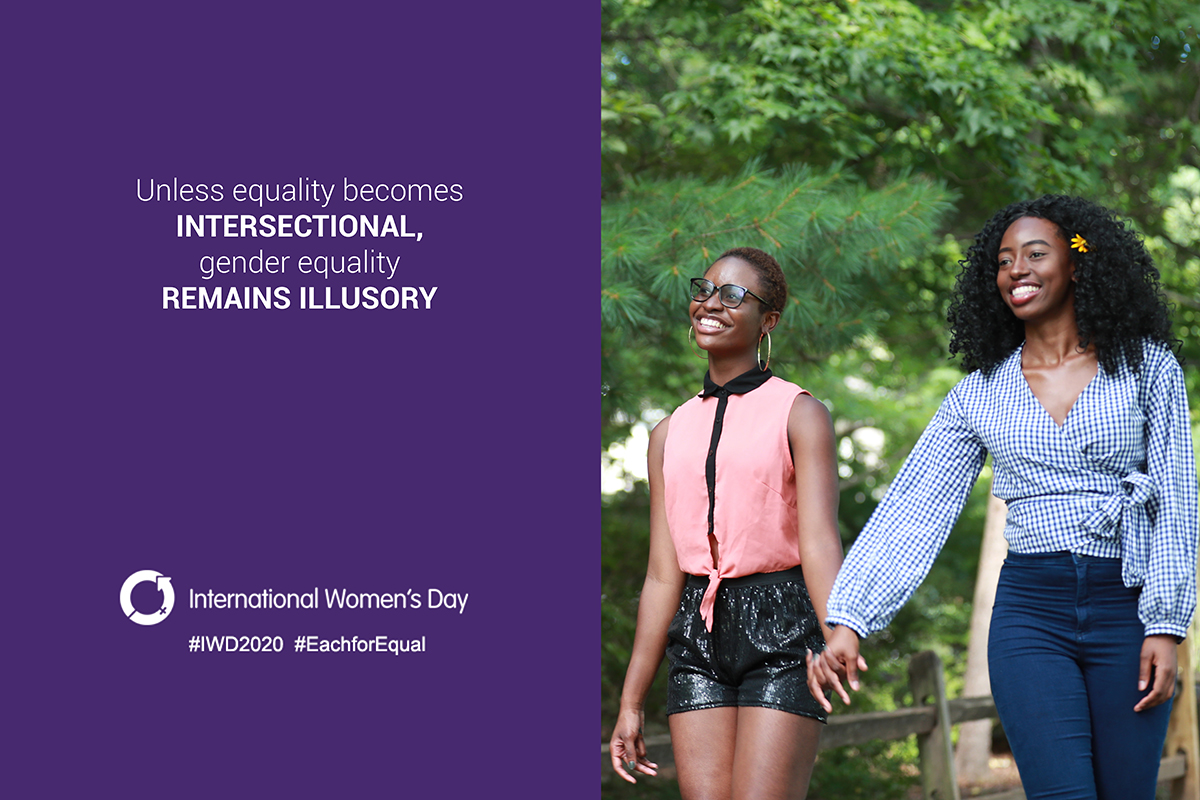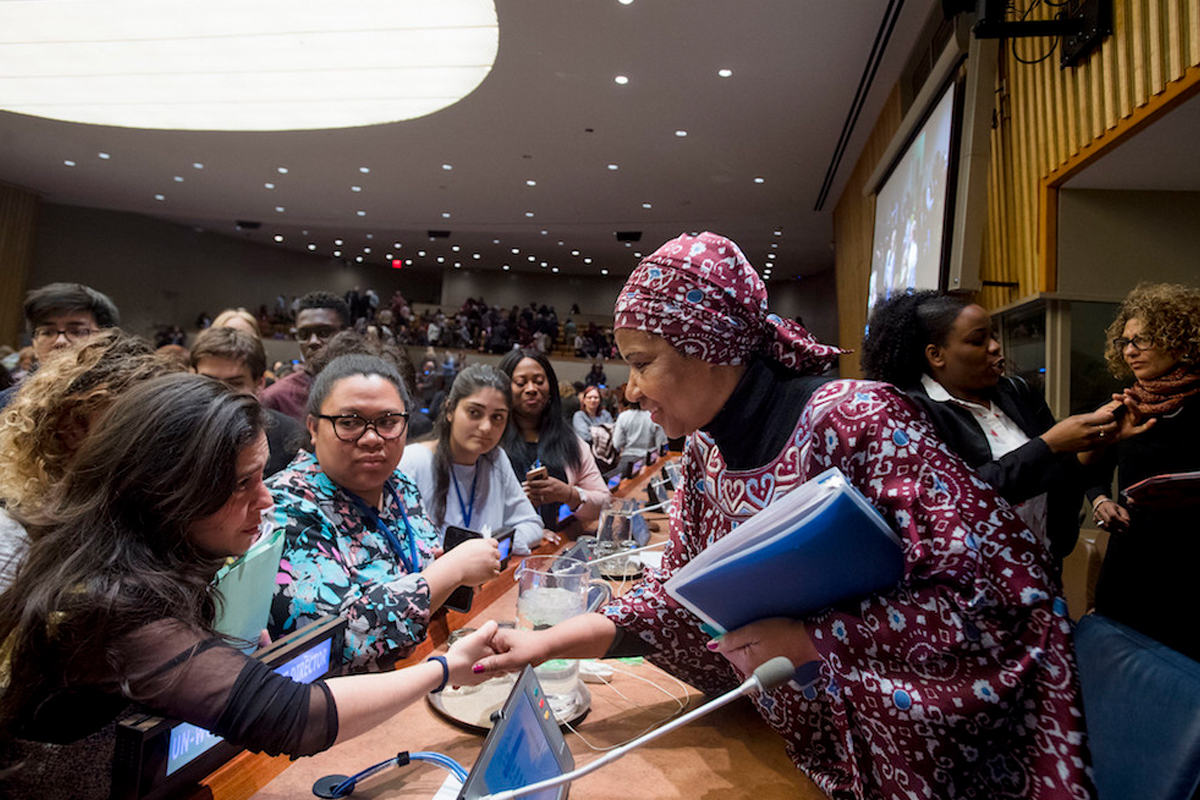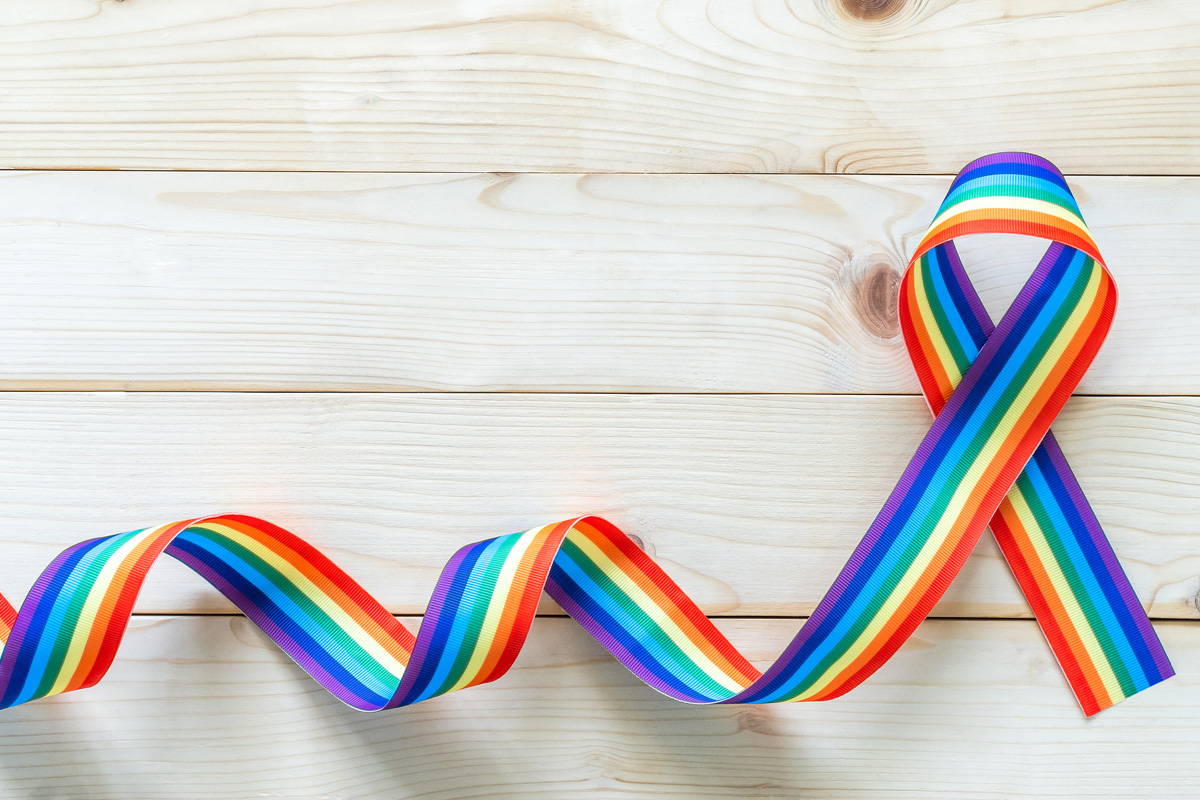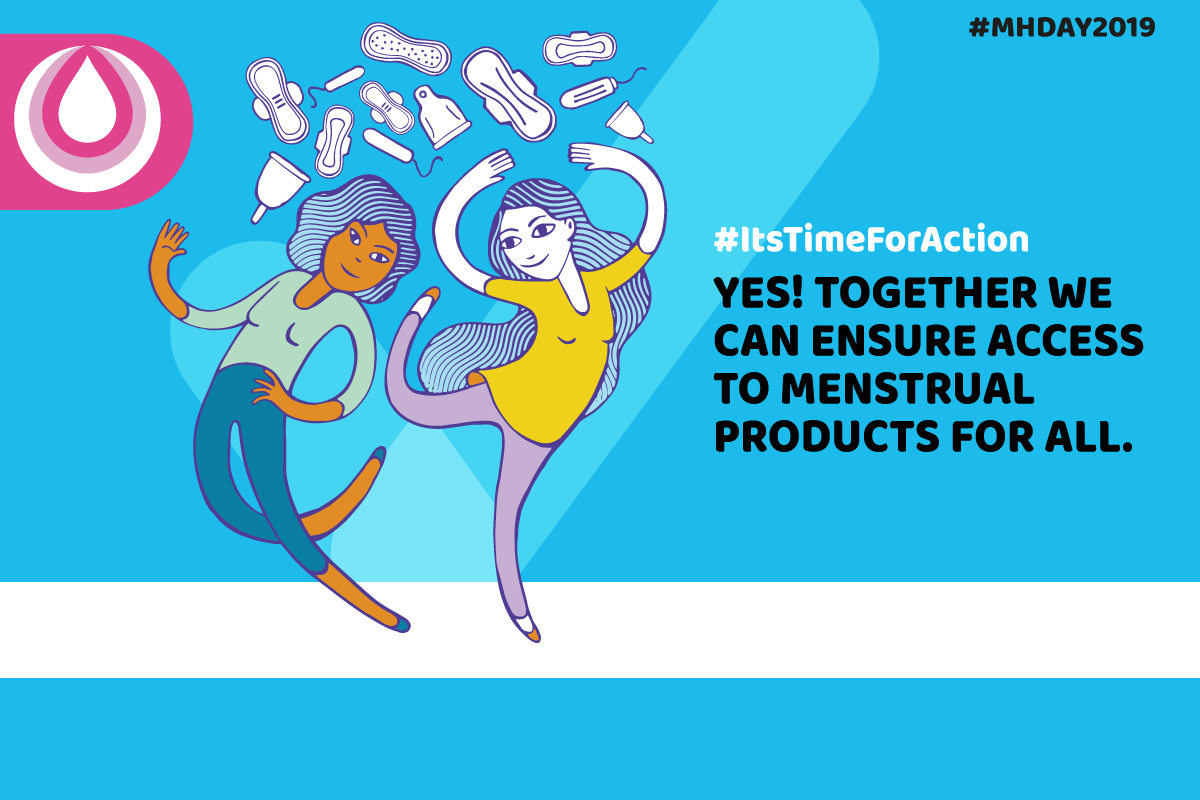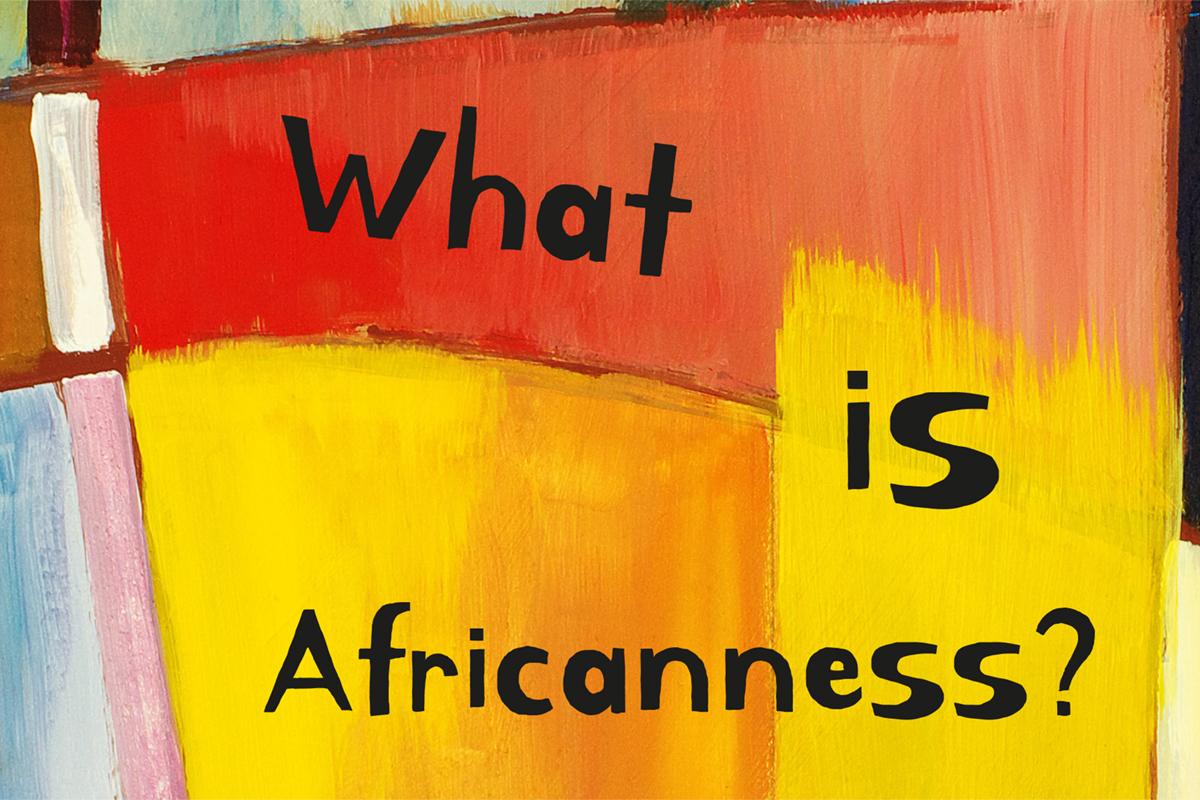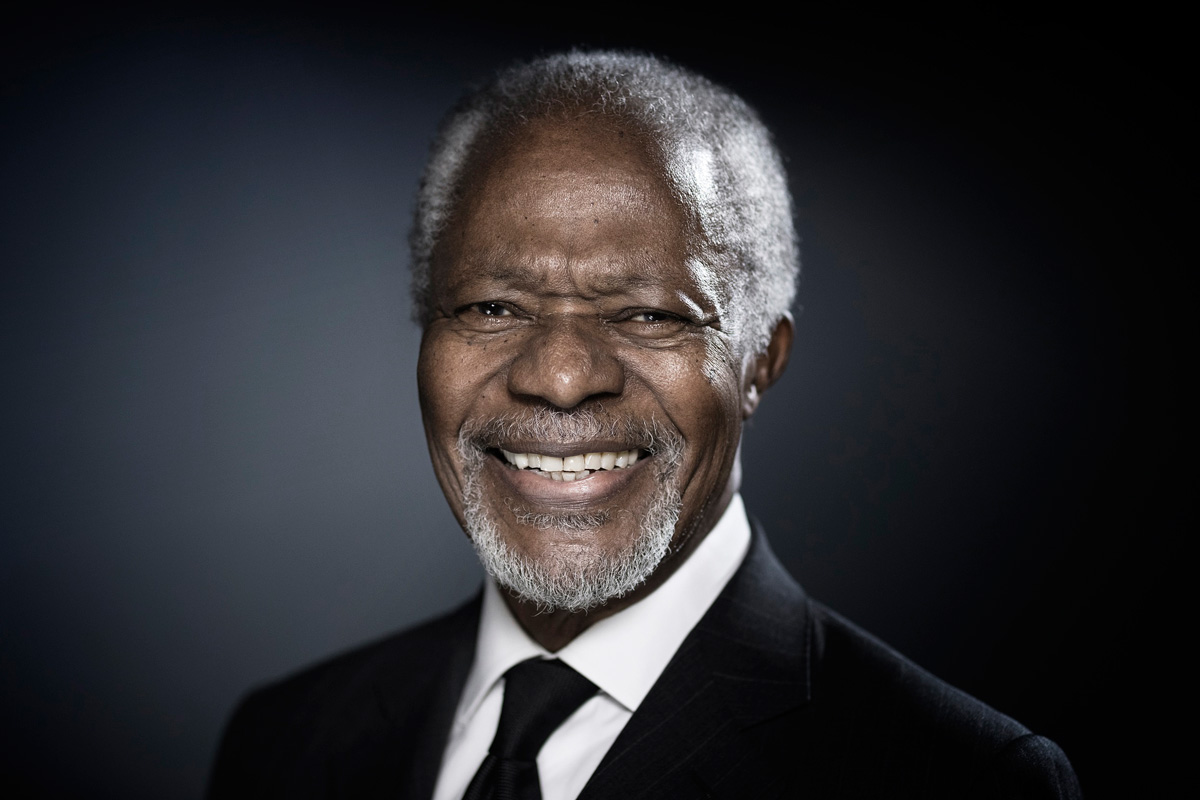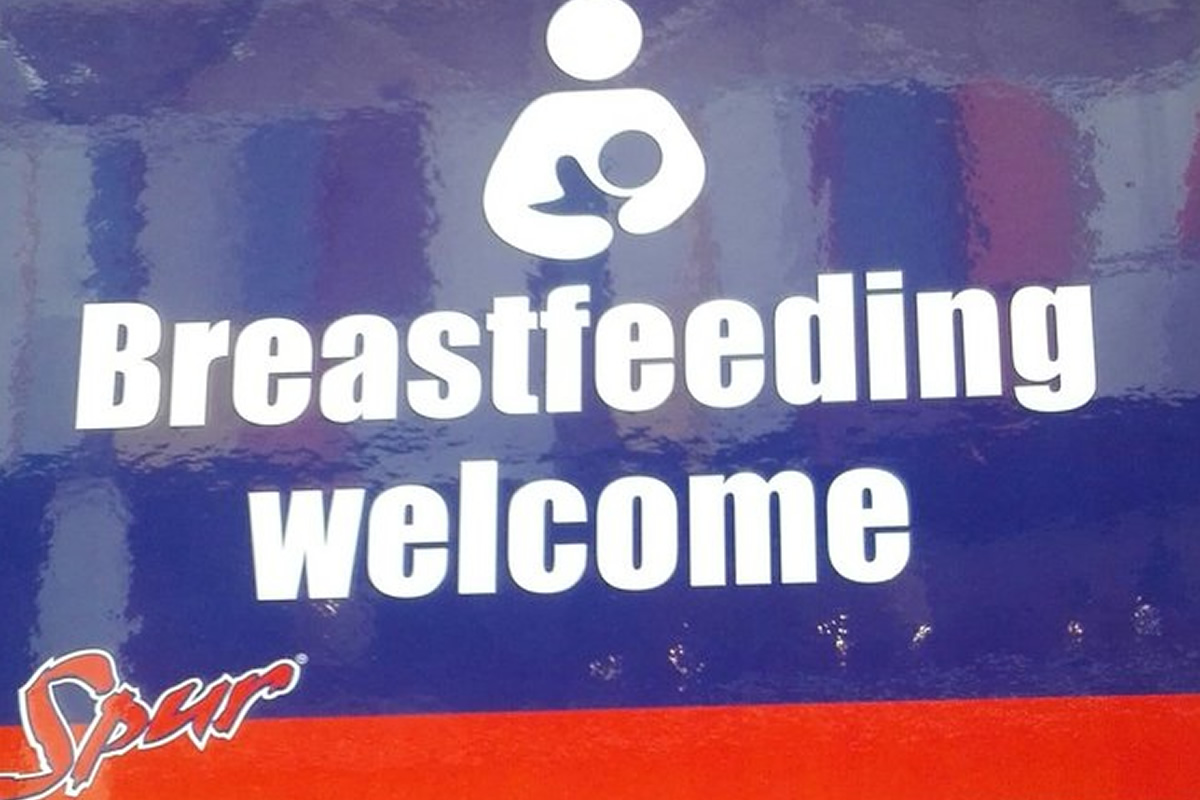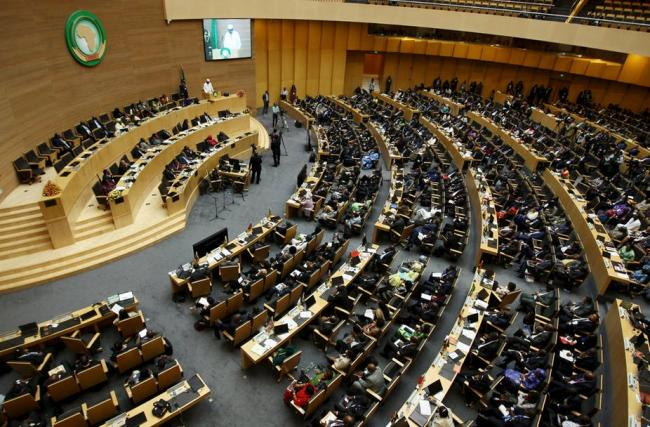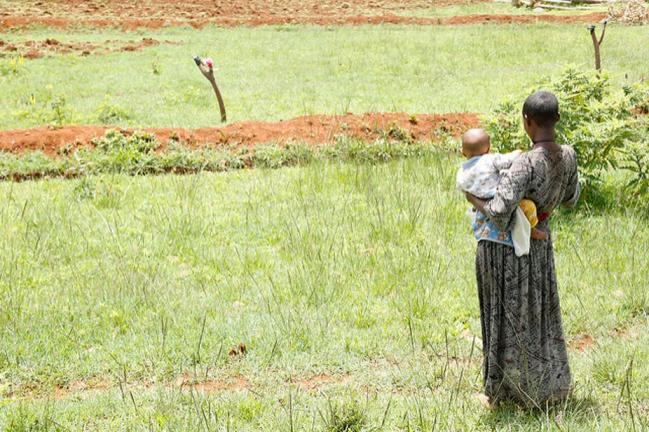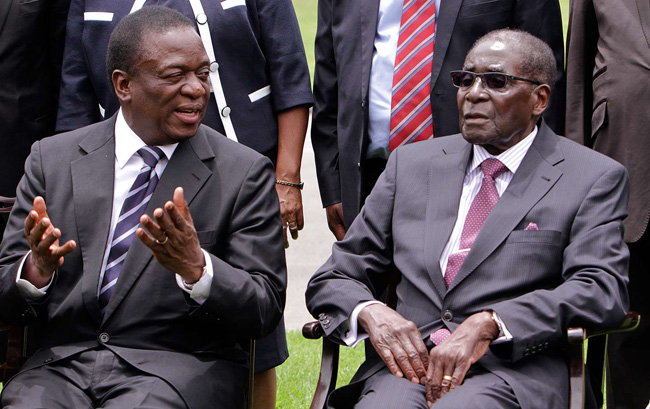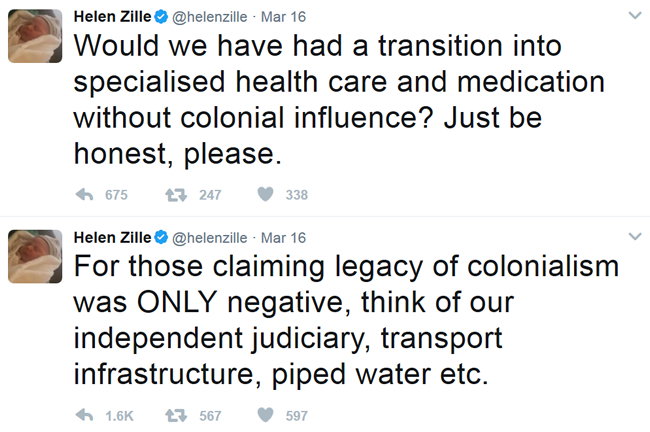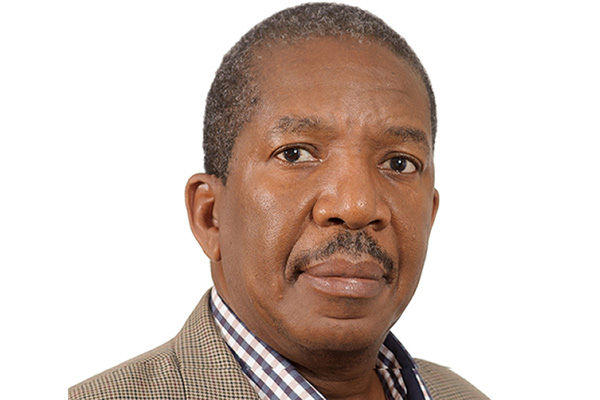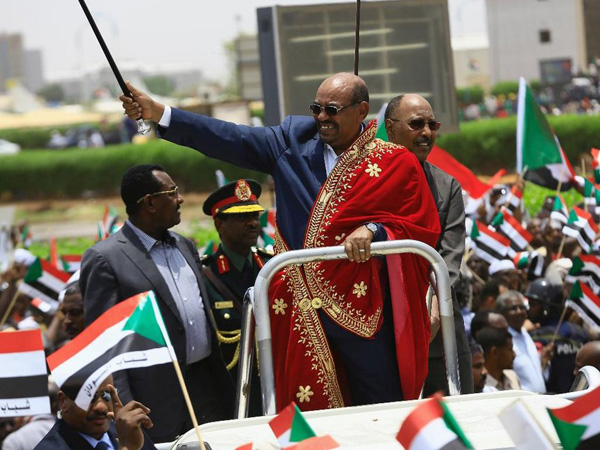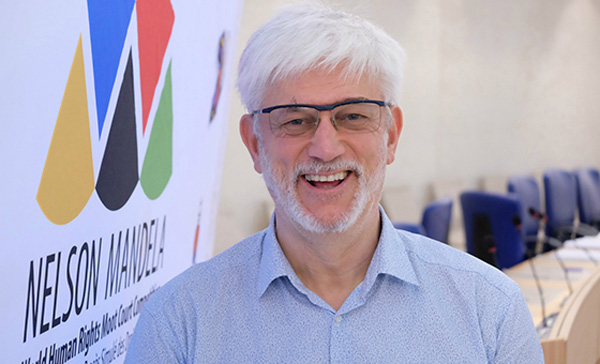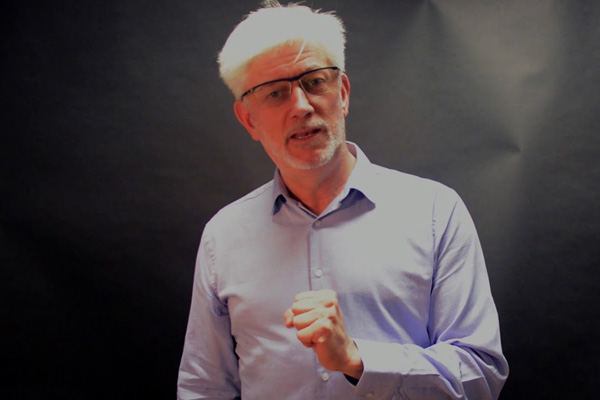- Details
by Usani Odum
This year, the African Union commemorates the 30th anniversary of one of the biggest human calamities to have occurred on the continent. From April to July 1994, an estimated one million Tutsis were slaughtered by their Hutu countrymen in Rwanda. In the wake of the genocide, Rwanda rolled out numerous transitional justice mechanisms to help piece together its broken society, including accountability measures.
- Details
by Bonolo Makgale
The year 2024 is an extraordinary year for elections in all its hazardous glory as it sets the record for the greatest number of people living in countries that are holding elections. More voters than ever in history will be heading to the polls in at least 64 countries representing a combined population of about 49% globally. Many of these votes will test the limits of democracy, while others will be exercises in rubber-stamping the results of which, for many, will prove consequential for years to come. Yet, these elections are taking place against the backdrop of a relentless global evolution of digital technology which has ushered in a new era of unprecedented challenges in the democratic and political space . In an era of data manipulation and the growing influence of artificial intelligence, democracy stands at a critical crossroads.
- Details
The Mauritius Supreme Court has declared unconstitutional a law that criminalises consensual same-sex acts between adult men. The decision boosts the trend in the Southern African Development Community (SADC) region towards decriminalisation. Now, a slight majority – nine out of 16 member states – do not prohibit gay and lesbian sexual relations.
- Details
The Centre for Human Rights, Faculty of Law, University of Pretoria (the Centre) stands in solidarity with the global community in observance of World Radio Day, celebrated on 13 February annually. World Radio Day emerged from a proclamation in 2011 by UNESCO member states before being endorsed by the UN General Assembly in 2013. The day is commemorated in recognition of the significance of radio as a medium for accessible communication across the globe.
- Details
By Prof Magnus Killander
The International Court of Justice (ICJ) will be holding public hearings on 11-12 January at the Peace Palace in The Hague, the seat of the court, in a case brought by South Africa against Israel. South Africa has accused Israel of violating the 1948 Genocide Convention in its military bombardment and siege of Gaza, which started after the deadly 7 October Hamas attack on Israel. Both Israel and South Africa have ratified the genocide convention. We [The Conversation] asked human rights and international law expert Magnus Killander for his insights.
- Details
By Bonolo Makgale and Nyasha M Mpani
"The revolution cannot triumph without the emancipation of women” — Thomas Sankara. Women on the African continent make up 50% of the population. Yet they continue to face discrimination, inequality and lack of access to equal opportunities.
- Details
The current legal obligation on South Africa in terms of domestic and international law and legal precedent is absolutely clear: the government must arrest and surrender Vladimir Putin to the International Criminal Court (ICC) should he enter South African territory.
- Details
by Professor Daniel Bradlow
Inflation is a global problem. At the end of August, it was 8.3% in the US and 9.1% in the Euro area. It is 20.3% in Nigeria, 25% in Malawi, and over 30% in Ethiopia and Ghana.
The impact on Africa is devastating. The International Energy Agency estimates that by the end of the year 30 million more Africans will be unable to afford fuel for cooking. The World Bank estimates the number of Africans living in extreme poverty will increase from 424 million in 2019 to 463 million this year.
- Details
Civil Society Organisations (CSOs) play an important and ever-shifting role in African politics and influence the power dynamics on the continent. A vibrant and functioning CSO sector is essential to African societies and their development in various ways, including lobbying for the protection of human rights, amplifying civil voices and acting as external oversight bodies, holding African governments to account. CSOs' influence on policy-making on the continent is essential as they represent the interests of various groups. One of the African Union (AU) organs that facilitates the involvement of African CSOs and, ultimately, the African citizenry is the AU Economic, Social & Cultural Council (ECOSOCC). Established in 2004 by way of Articles 2 and 25 of the AU Constitutive Act, as an advisory body to the AU, this organ provides a platform for representation and involvement of African CSOs in decision-making on the continent through influencing AU policies, programmes and principles. Key areas of ECOSOCC's work in this regard are upholding the principles and policies of the AU by advising on and evaluating these programmes; undertaking studies and making recommendations; and contributing to the promotion of human rights, the rule of law, good governance, and democratic principles.
- Details
by Professor Daniel Bradlow
In most rich countries the news that a mission from the International Monetary Fund (IMF) is coming to visit is met with indifference. But, in most African countries the news can cause great consternation.
- Details
Dear minister Enoch Godongwana
As you prepare for your first budget speech we urge you to provide the South African public with a full picture of how the government has used the resources it has received from international financial institutions (IFIs) and to announce the establishment of a South African IFI engagement group.
- Details
Climate change is a devilishly complex challenge that affects all aspects of our lives. It affects weather patterns, biodiversity, access to and sustainability of water and land resources, air pollution, inequality, employment, industrial production, distribution and consumption, and migration patterns.
- Details
South Africa’s local government elections, to elect the municipal tier of government, are constitutionally mandated through section 159 of the Constitution of South Africa to take place every five years. These elections were scheduled to take place towards the end of 2021 and have been the subject of great deliberation in the nation. Conducting elections during a pandemic has been the subject of much debate on the continent and worldwide, with certain countries choosing to continue with elections amid the pandemic and others choosing to postpone their elections amid concerns of the risks involved. Nations on the continent that have held elections during the pandemic include Zambia, Malawi, Ghana, Rwanda, Uganda and Côte d’Ivoire. Given the extent of the risks of holding elections during the pandemic and mixed calls on whether to postpone or continue with elections in the nation, the Independent Electoral Commission (IEC) of South Africa ordered an inquiry commission to determine the nation’s capacity to hold free, fair elections during the initially scheduled period in October.
- Details
(By Professor Daniel Bradlow)
The International Monetary Fund (IMF) will inject $650 billion in Special Drawing Rights into the global economy. It will allocate them among its member states, which can then decide for themselves how they want to use their Special Drawing Rights.
- Details
By: Bonolo Makgale and Tariro Sekeramayi
Introduction
Dr. John Henrik Clarke once remarked, “History is not everything, but it is a starting point. History is a clock that people use to tell their political and cultural time of day. It is a compass they use to find themselves on the map of human geography. It tells them where they are, but more importantly, what they must be.”
- Details
(By Professor Daniel Bradlow)
The COVID-19 crisis is one of many indicators that we live in dangerous and uncertain times. Others include the international community’s struggle to respond to technological and climate change, demographic shifts, growing poverty and inequality as well as increased global insecurity.
- Details
(Op-Ed by Solomon A. Dersso, Chairperson of the African Commission on Human and Peoples’ Rights)
For this year’s Africa Human Rights Day, the African Commission on Human and Peoples’ Rights commemorates this landmark event under the theme ‘Human and Peoples’ Rights and the COVID-19 Pandemic: Protecting Rights for Building Back Better’. This occasion serves to deliberate on why and how respect for and protection of human and peoples’ rights offers the recipe for a successful strategy for building back better.
- Details
(Op-Ed by Marystella A. Simiyu)
The inability of countries to ordinarily hold elections and undertake electioneering is one of the many disruptions brought by the COVID-19 pandemic.
- Details
By: Bonolo Makgale
The national lockdown in South Africa which was initiated due to the COVID-19 global health pandemic has revealed another hidden pandemic amongst us. The latest National Income Dynamic Study (NIDS) Coronavirus Rapid Mobile Survey (CRAM) has revealed that the national lockdown has contributed to the perpetual hunger for 2.2 million South Africans. The report revealed that with 3 million South Africans having lost their incomes and jobs, hunger has become a national crisis exposing food insecurity in the most vulnerable communities.
- Details
(Op-Ed by Dr Nkatha Murungi)
Women’s Day commemorates the march by about 20,000 women to the Union Buildings in Pretoria on 9 August 1956, to protest the introduction of regulations on movement, also known as pass laws by the government of South Africa at the time. The march to the Union Buildings was accompanied by similar protests in other towns and provinces, in a manner that portrayed a solid resolve and unity of purpose, for a cause that defied colour and racial differences that were the norm at the time. The march was the culmination of resistance initiatives by women in the face of state-backed oppression and brutality.
- Details
(By Professor Daniel Bradlow)
About eight years ago, the government of Mozambique formed two companies, Proindicus and the Mozambique Asset Management. These two companies entered into loan agreements, valued at approximately $2.2 billion, with creditors including Credit Suisse and VBT Bank. Even though these debts were obligations of the state, some of these debts were hidden from the Mozambique parliament and public. Their existence was exposed in 2016 and precipitated a debt crisis in the country.
- Details
(Op-Ed by Dr Ashwanne Budoo)
Since the new wave of the coronavirus disease (COVID-19) in December 2019, many states around the world have taken drastic steps including lockdowns and quarantine to ensure the minimal spread of the virus.
- Details
(By Professor Daniel Bradlow)
African sovereign debtors are caught on the horns of a dilemma. On the one hand, they are obliged to help their populations deal with the COVID virus. This requires them to mobilize as quickly as possible the maximum available resources to spend on health care and on supporting people facing hunger, homelessness and unemployment. However, they know that they cannot raise sufficient financing for these purposes merely by mobilizing domestic resources and accessing official sources of finance.
- Details
(Op-Ed by Prof Daniel Bradlow)
The International Monetary Fund (IMF) has approved a R70 billion (US$4.3 billion) loan for South Africa to help the country manage the immediate consequences of the fallout from COVID-19. The Conversation Africa’s editor, Caroline Southey, asked Danny Bradlow to shed some light on what South Africans should expect.
- Details
(Op-Ed by Prof Daniel Bradlow)
The South African government has asked the International Monetary Fund (IMF) for $4.2 billion.
The money would come from a facility that provides financing to countries facing an urgent balance of payments need, without the need to have a full-fledged program in place.
- Details
(Op-Ed by Women's Rights Unit)
Youth Day in South Africa commemorates the Soweto youth uprising of 16 June 1976.[1] It is the day that many black students went on a protest rally against an official order which made Afrikaans compulsory in black township schools throughout the country.[2] The day is celebrated in order to recognize the role of the youth in the liberation of South Africa from the Apartheid regime.[3] On this basis, the African Union designated 16 June as the Day of the African Child. This year, Africa on this day commemorates the adoption, 30 years ago, of the AU’s main human rights treaty, the African Charter on the Rights and Welfare of the Child. As we at the Centre for Human Rights, University of Pretoria, remember the past, we also draw attention to the challenges that the present COVID-19 crisis presents to the youth particularly within educational settings.
- Details
By: Bonolo Makgale
The mountain of complaints which were stacked up against the ANC led government relating to corruption and lack of service delivery in under-resourced communities were quickly flattened due to the strong and decisive leadership shown by President Cyril Ramaphosa during the COVID-19 global pandemic. The visit paid to our shores by the Covid-19 has managed to bring a reprieve, albeit for a moment, to the myriad of social justice issues and inequalities that plague South Africa.
- Details
(Op-Ed by Dr Ashwanne Budoo)
Governments across the world are responding to the COVID-19 pandemic. Alongside the mountain of related challenges, fake news has become a source of frustration. Some are now referring to this fake news phenomenon as a ‘disinfodemic’.
- Details
(Op-Ed by Prof Daniel Bradlow)
Once again, African countries are confronting overwhelming debt burdens. According to the most recent World Bank debt statistics, they owe a total of $493.6 billion in long term debt to their foreign official and commercial creditors. About one third, $117 billion, is in the form of tradeable bonds. In 2019, many African countries spent more money servicing their debts than they did on health.
- Details
After confirming the country’s first COVID-19 case on 5 March, South Africa braced itself for a 21-day lockdown, which officially began on 26 March and was initially intended to last until 16 April. The lockdown was subsequently extended to 30 April and has been further extended indefinitely with the relaxation of some of the restrictions and some sectors of the economy being allowed to reopen, along with the extension of certain socio-economic relief mechanisms intended to cushion citizens from the hardships that the pandemic is sure to induce. In this light, one of the regulations included a moratorium on evictions, with the understanding that evictions would place vulnerable persons at risk of contracting and transmitting the virus. The provision stipulates: “All evictions and executions of attachment orders, both movable and immovable, including the removal of movable assets and sales in executions, is suspended with immediate effect for the duration of the lockdown.” These regulations were aimed at minimising possible losses of income, particularly among the working class and people in the informal sector.
- Details
(Op-Ed by Thomas White)
Let’s go back to the “trolley problem”. Imagine a group of hostages is chained to a train track with a runaway locomotive hurtling towards them. If the train stays on course, the entire group of hostages is going to die. If the train is derailed, fewer deaths will ensue, but massive chaos will be caused in the process.
- Details
(Op-Ed by Prof Danny Bradlow)
The coronavirus and its economic consequences have caused economic tsunamis in every country in the world. The scale of the onslaught will dominate discussions at the International Monetary Fund (IMF)/World Bank spring meetings due to take place – for the first time ever virtually – in mid April.
- Details
(Op-Ed by Ade Johnson, Thiruna Naidoo & Annie Bipendu)
International Women's Day (IWD), celebrated annually on 8 March, is an opportunity to reflect on the achievement of gender equality in the world, and particularly in Africa. The commemoration of IWD provides a chance to assess the changes and progress made towards the achievement of gender equality generally and the protection of the human rights of women and girls particularly.
- Details
(By Christof Heyns & Frans Viljoen)
A new, global academic study to answer this question is launched in collaboration with the UN High Commissioner for Human Rights.
- Details
(By Geoffrey Ogwaro)
As South Africa commemorated World Aids Day on December 1, the country pledged to renew, rejuvenate and recommit itself to the fight to end HIV. There are nascent plans and frameworks in place, such as the national strategic plan on HIV, sexually transmitted infections (STIs) and tuberculosis (TB) and the national LGBTI HIV plan.
The theme for this year is “ending the HIV/Aids epidemic: community by community”, and the United Nations Programme on HIV and Aids is emphasising the role of communities in ending the epidemic once and for all.
- Details
(By Yolanda Booyzen)
On the 28th day of the fifth month, Menstrual Hygiene (MH) Day is observed worldwide. This date echoes the menstrual cycle, which usually occurs every 28 days, while menstruation is approximately five days long. MH Day was first observed in 2014, to raise awareness of good menstrual hygiene management and how it can help girls and women reach their full potential. According to German-based NGO WASH United, which initiated the global commemoration, the silence around menstruation and the lack of access to menstruation management products directly impacts the self-esteem, health and education of girls and women, especially in developing countries.
- Details
(By Charles Ngwena)
Let us take a moment to reflect on the question of African identity. This is important for several reasons, not least in order to pay homage to the diversities that make up Africa against the backdrop of a colonial history which has sought to nativise Africans and treat them as if they are made from the same clay whether racially, culturally, sexually or otherwise.
- Details
(By Prof Danny Bradlow)
Kofi Annan (80) was an important historical figure who played a critical role in many key events of the 1990s and 2000s. His death is therefore an opportunity to both celebrate his life and to begin honestly assessing his contributions to the world.
The Ghanaian diplomat’s legacy is complicated. He served as both head of the United Nations peacekeeping and as Secretary General of the UN. His tenure in these high offices – from 1992 to 2006 – were marked by great human tragedies as well as episodes of progress. His role in these events raises difficult questions about individual responsibility and the role of international organisations and their leaders in creating a more peaceful and just world.
- Details
(By Yolanda Booyzen)
If breastfeeding did not already exist, someone who invented it today would deserve a dual Nobel Prize in medicine and economics” – Keith Hansen, World Bank (2016).
At the beginning of every August, we celebrate World Breastfeeding Week (WBW). And every year we are reminded of the elixir-like qualities of breastfeeding and how it can address some of the world’s toughest challenges – infant mortality, malnutrition, food insecurity, poverty, obesity and environmental degradation. The 2018 WBW campaign focuses on how breastfeeding is the “foundation of life” and how there are links between breastfeeding and each of the 17 United Nations Sustainable Development Goals (SDGs).
- Details
(By Dr Ashwanee Budoo)
The African Union has taken several initiatives to demonstrate its commitment to eliminating injustices against women in Africa. The most recent has been a meeting ahead of the African Union (AU) summit scheduled for later this year to highlight the continent’s commitment to gender equality.
Other examples include the African Women’s Decade (2010-2020), adopting the African Union Gender Policy and creating a fund for African women. In addition, the AU declared 2016 the year of human rights with a particular focus on the rights of women.
Fifteen years ago the AU adopted the Maputo Protocol under the African Charter on Human and Peoples’ Rights to boost the protection of women. Its implementation was meant to be overseen by the African Commission on Human and Peoples’ Rights, a human rights body set up under the African Charter. And the process was meant to be monitored by the Special Rapporteur on the Rights of Women in Africa.
Despite the protocol’s adoption, the violation of women’s rights is still widespread across the continent. The list is long. But some of the more egregious acts include violence against women, child marriage, gender-based discrimination and exploitative widow rites. The reasons for these range from culture, to tradition, ignorance, lack of education and patriarchy.
The problem is that the protocol’s provisions remain mere words on paper. This is because its potential has been stifled by a weak monitoring and evaluation function.
There is a solution to the problem: the creation of an institution whose sole purpose is to protect women’s rights. But it will require political will and a commitment to make the necessary funds available.
- Details
(By Dr Ashwanee Budoo)
Mauritius has been shaken by the news of the death of a 13-year-old pregnant girl who was married. Her death was particularly shocking because the country doesn’t have a high child marriage rate. It’s extremely low compared to countries like Niger where 76% of brides are children or the Central African Republic where the figure is 68%. In fact it’s so low that no recent studies have been done to estimate the number of child marriages in the country.
- Details
(By Prof Charles Ngwena)
What seemed unimaginable has happened. After an uninterrupted ‘reign’ of 37 years, Robert Mugabe, the de facto emperor of Zimbabwe, has ‘resigned’ from office. There has been genuine jubilation not least among those who have been at the receiving end of Mugabe’s increasingly despotic, corrupt and dysfunctional governance – the majority of Zimbabweans. Emmerson Mnangagwa has taken office as Mugabe’s successor. It is a historic moment. Since attaining independence in 1980, Zimbabweans have only known Mugabe as their political supremo – initially as prime minister and latterly as president. The fact of Mugabe’s departure from office, alone, has raised hopes that we might be at the cusp of a compassionate, fairer, humane and democratic Second Republic. At the same time, the clouds are pregnant with contradictions, counselling us not to throw caution aside even as we pine for change. Why is this?
- Details
(By David Ikpo)
We have not done enough for queer persons at South African universities.
Studies and surveys carried out at universities in the United States and Australia show that queer persons suffer higher rates of sexual violence and harassment than non-queer persons. These surveys were carried out in jurisdictions with progressive laws and legal systems, much like those of South Africa. They are evidence that tough laws and policies provide good structures, and that the living and social realities of queer persons in our universities need to catch up. The harassment of queer persons is an issue too pressing to be ignored if the sanctity of learning spaces is to be guaranteed. Queer persons are as much a concern as other members of the staff and student community in planning both the present and the future training of foot soldiers through awareness raising and education.
- Details
(By Yolanda Booyzen)
One of the smartest investments that a country, a community and a family can make is to promote breastfeeding.
This is the message spread by UNICEF, the World Health Organisation (WHO) and other international organisations that are promoting the benefits of breastfeeding during World Breastfeeding Week. The multiple advantages offered by breastfeeding include the most commonly known benefits of exceptional nutritional value, economic viability and cost-effectiveness, the prevention of childhood diseases, increased brain development in babies and a decreased risk of diabetes and some cancers in mothers.
- Details
(Prof Charles Ngwena) - As we celebrate Women’s Day let us engage in more than just reciting our affirmation of the equal citizenship and dignity of women in all their shades as adults, girl-children, transgender, straight, lesbian, disabled, black, white, brown and other shades of the human rainbow. Let us also engage in remembrance so that we summon our past and draw apt lessons. Histories are an integral part of our present and futures. Especially where unfulfilled promises or continuing injustices abide, as is borne by the continuing scourge of entrenched gender-based discrimination, including sexual violence and exploitation, remembrance offers us a powerful and creative cultural resource for investing with imaginary coherence our quest to create just, inclusive societies where women count. To this end, as we honour Women’s Day in South Africa, on the African continent and across the world and as we affirm the rightness of women’s equality, among other resources, we can draw on the memory of a Saartjie Baartman (also known as Sara or Sarah). The memory of the grotesque dehumanisation she suffered during her short life can serve to strengthen our resolve.
- Details
Whatever her intentions, the recent public utterance posted on Twitter by Western Cape Premier, Helen Zille, reminding the nation of the enormous debt owed to colonialism, has generated public debate. In not so many words, in a nation still healing from a racially bruised past, Zille has been asking black Africans to be complicit in their own historical oppression and show gratitude to a system that was scrupulously built on white supremacy. This sounds incredulous, but perhaps not so once we understand where Zille is coming from – her situated reasoning and vantage point. The utterance shows all too clearly that the terms on which the world is understood, even by persons holding high public office, including in post-apartheid South Africa, are more than porous to self-serving 'regimes of truth'. Every truth has its history, but which is Zille's?
- Details
(By Dr Ashwanee Budoo)
The Maputo Protocol, adopted by the African Union in 2003, was expected to transform the landscape for women’s rights on the continent. Its aim was to set standards and create positive change across a range of areas including violence against women, child marriage, land rights and harmful practices.
But 14 years and 37 ratifications later there’s a great deal that remains undone.
- Details
As we recently observed the International Day of Persons with Disabilities, we have reason to see the glass as half-full. In the past ten years, there has been a discernible shift towards raising the profile of disability in our human rights systems. The adoption of the Convention on the Rights of Persons with Disabilities (CRPD) by the United Nations General Assembly in 2006 was a pivotal event at the global level. Conceptually, the CRPD is paradigm-setting; it constitutes a shift not just from a charity model of disability to a rights-based social model, but also in the way we look at disability.
- Details
Sudan's President Omar al-Bashir waves to supporters during a rally against the International Criminal Court after arriving from Ethiopia, at Khartoum Airport in Sudan, July 30, 2016. /REUTERS
South Africa is withdrawing from the Rome Statute which established the International Criminal Court (ICC). The Minister of International Relations and Cooperation, Maite Nkoana-Mashabane, signed the Instrument of Withdrawal on 19 October, following a cabinet decision.
It is a sad day for South Africa. It is a sad day for Africa. Why did it come to this?
The minister states that the reason for the withdrawal is that:
[South Africa] has found that its obligations with respect to the peaceful resolution of conflicts at times are incompatible with the interpretation given by the International Criminal Court.
- Details
Monday 17 October was the first working day for Advocate Busisiwe Mkhwebane, our new Public Protector. President Zuma formally appointed her to the position; she is set to serve her seven-year term. (This is the second Public Protector President Zuma has appointed; he also appointed Thuli Madonsela in 2009.) Parliament overwhelmingly supported her; and civil society organisations such as Corruption Watch endorsed her
If some concerned South Africans still view Busisiwe Mkhwebane’s appointment with some apprehension, it would be up to her to set suspicious minds at ease. Her actions would confound her critics. Regrettably, there indeed seems to be some cause for caution.
- Details
As the spotlight falls on the adoption of South Africa’s landmark Constitution, 20 years ago this year, one of its striking features -- the inclusion of the first-ever constitutional guarantee of non-discrimination based on sexual orientation -- is also under global scrutiny.
The scene is set at the current session of the United Nations (UN) Human Rights Council, taking place in Geneva, Switzerland, until Friday 1 July. The Human Rights Council is the UN’s primary human rights body, tasked with advancing and overseeing the protection and promotion of human rights in UN Member States. South Africa is currently represented in the 47-member Council.
- Details
Celebrating Youth Day, introduced in the post-apartheid era, always has a historical dimension, but this is even pronounced this year, which marks a landmark 40 years since those fateful events of 16 June 1976.
We are reminded that 16 June 1976 was a turning point in at least three important ways.
Before thousands of school children took to the streets of Soweto to protest the imposition of Afrikaans as language of instruction for three subjects (geography, mathematic and history), it was still possible to sell apartheid as benevolent paternalism. After the blatant authoritarianism of imposing an extremely onerous policy without consultation or any effort at articulating reasonable grounds as justification, the benevolence-defence was no longer legitimately open to apologists of apartheid. The scales fell of the eyes of many, increasingly also white South Africans.

